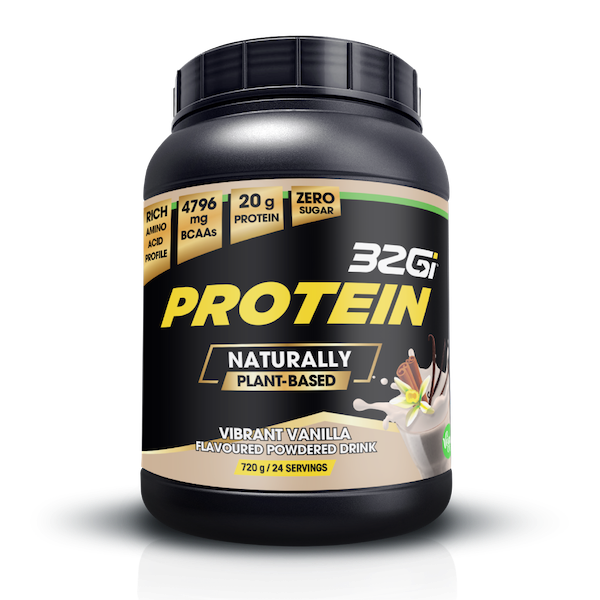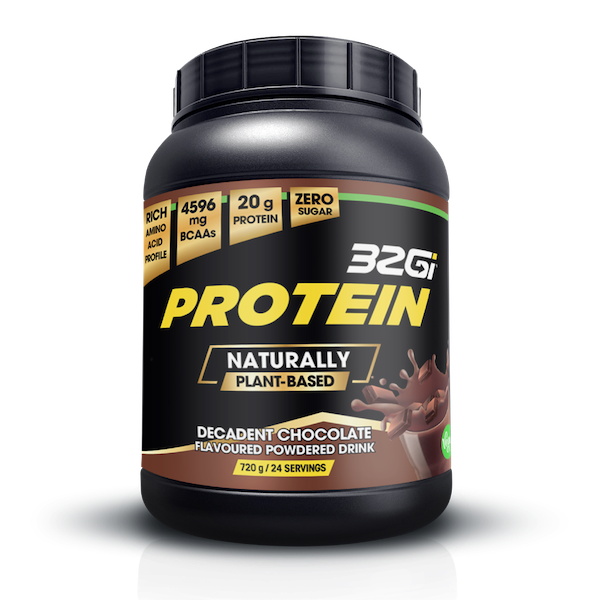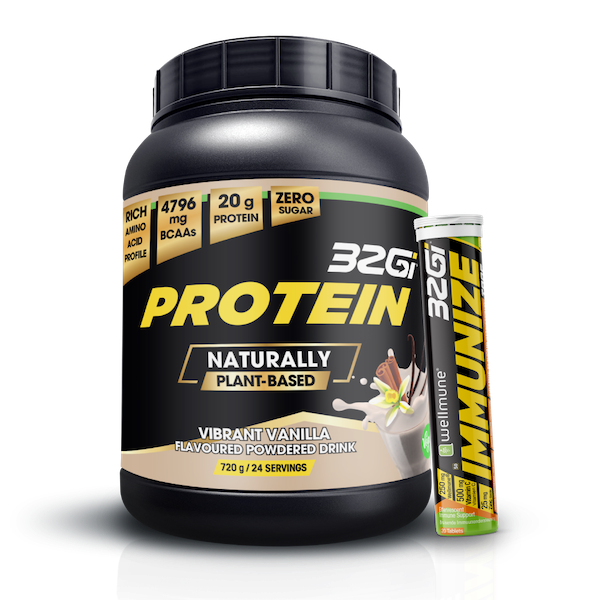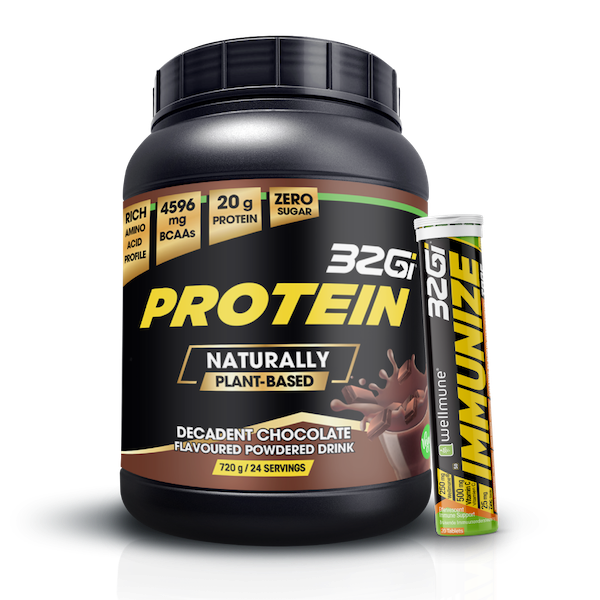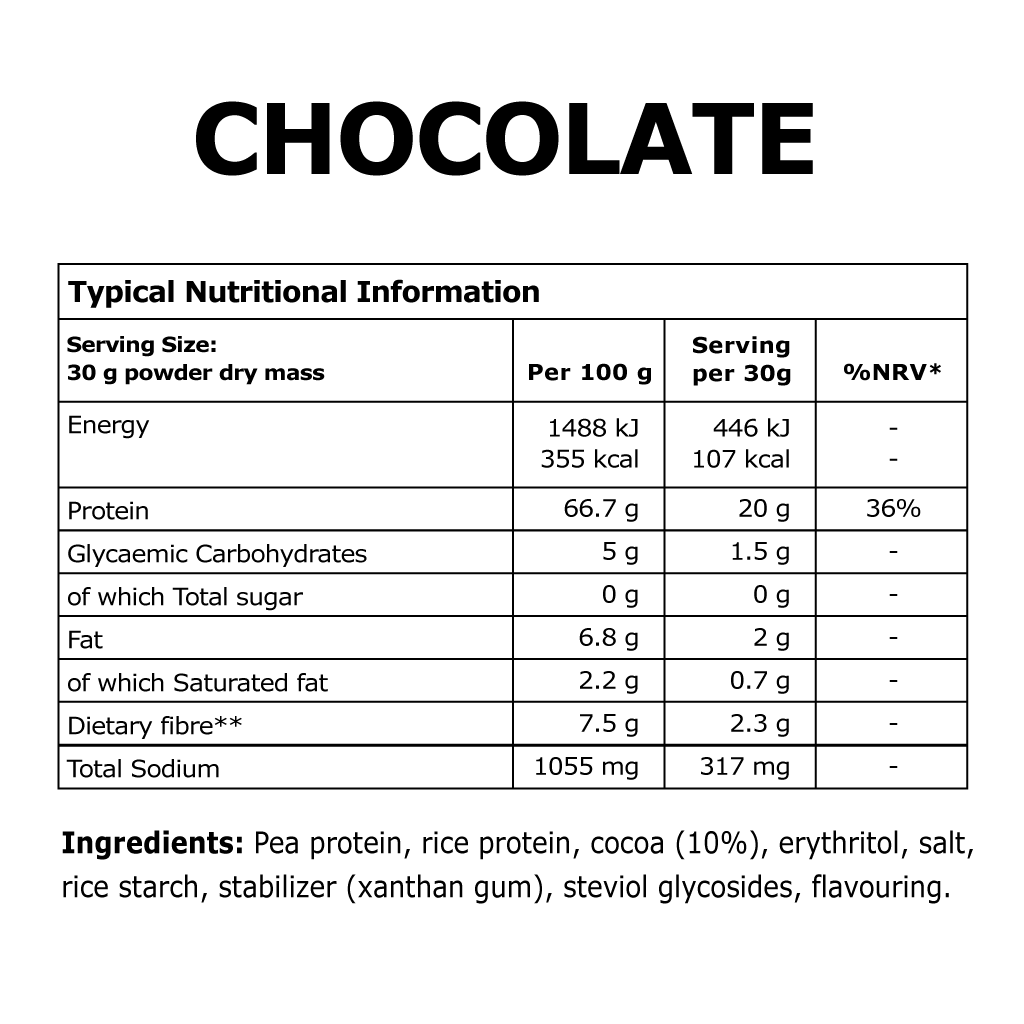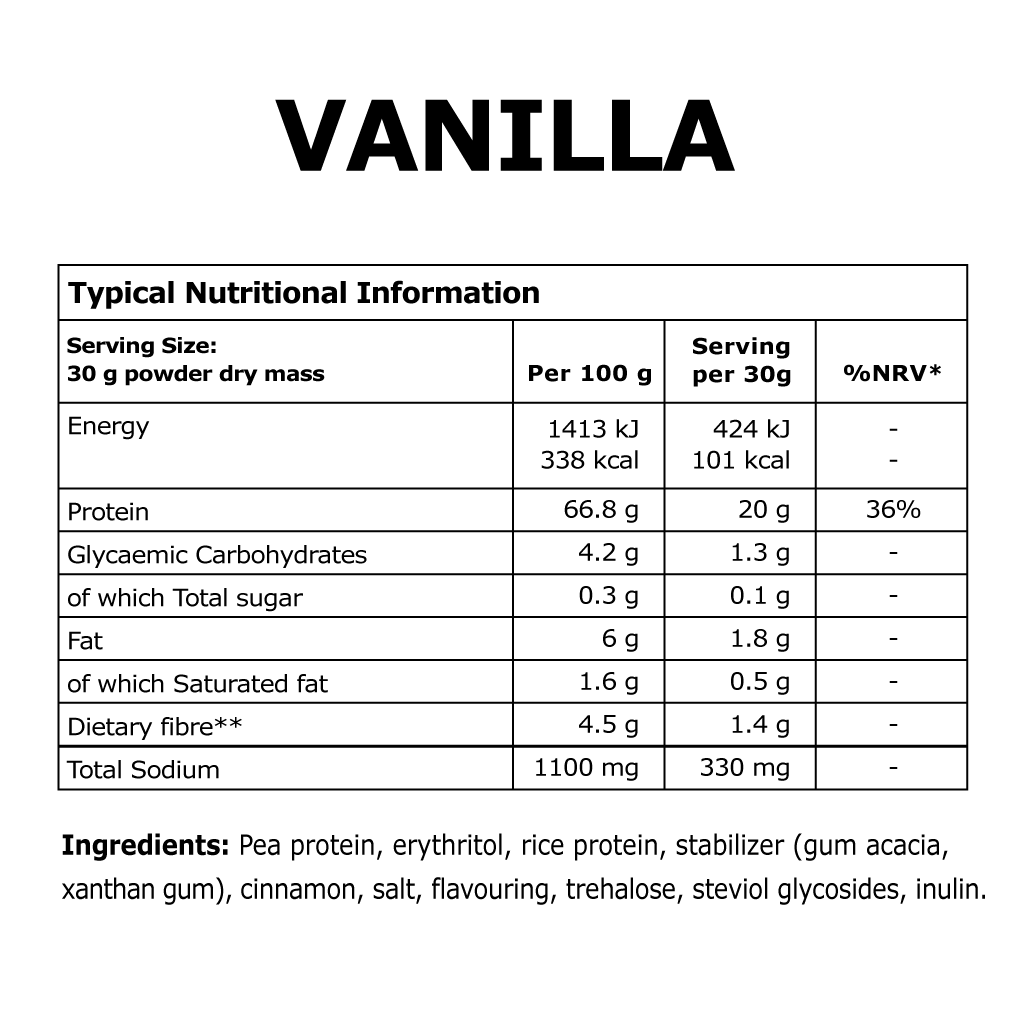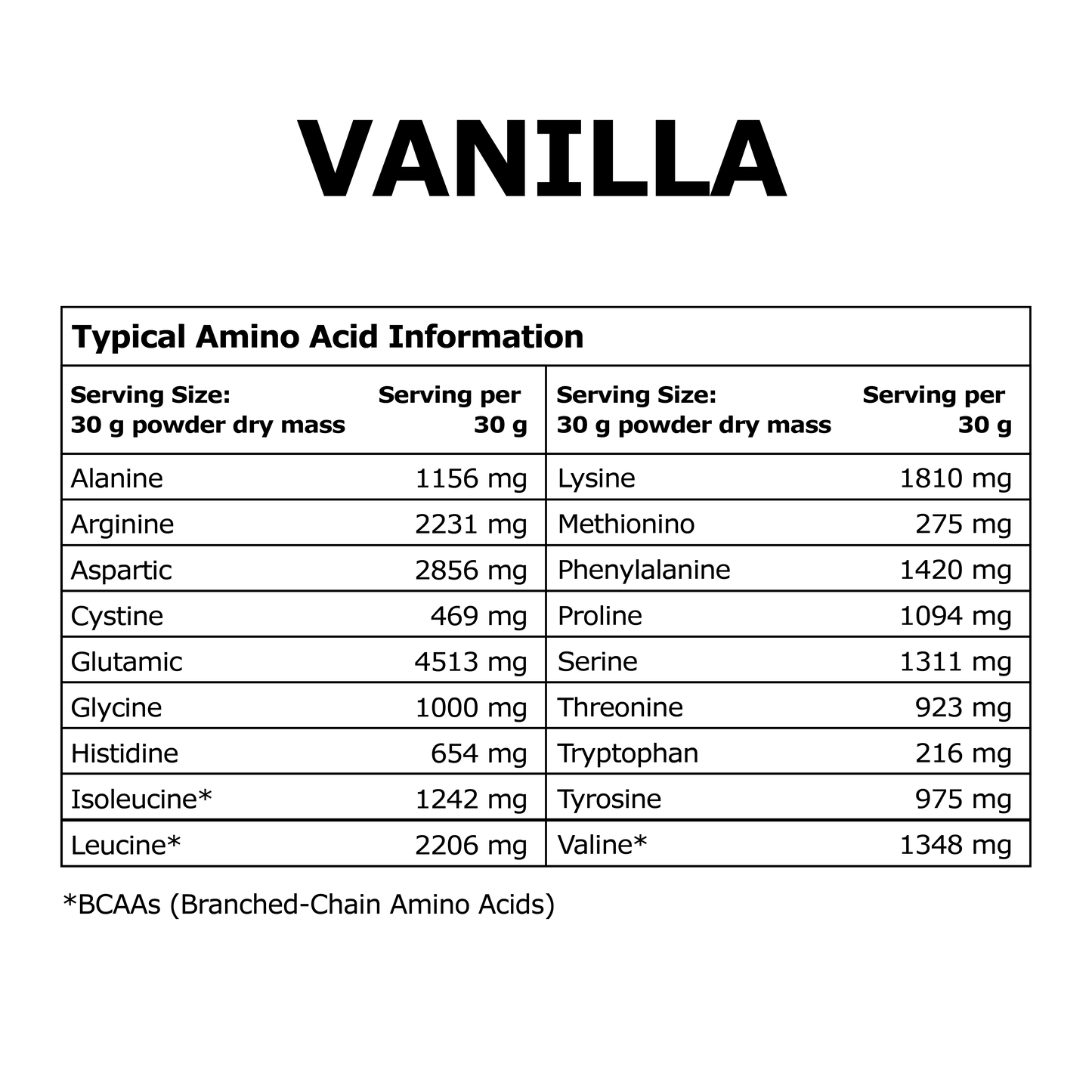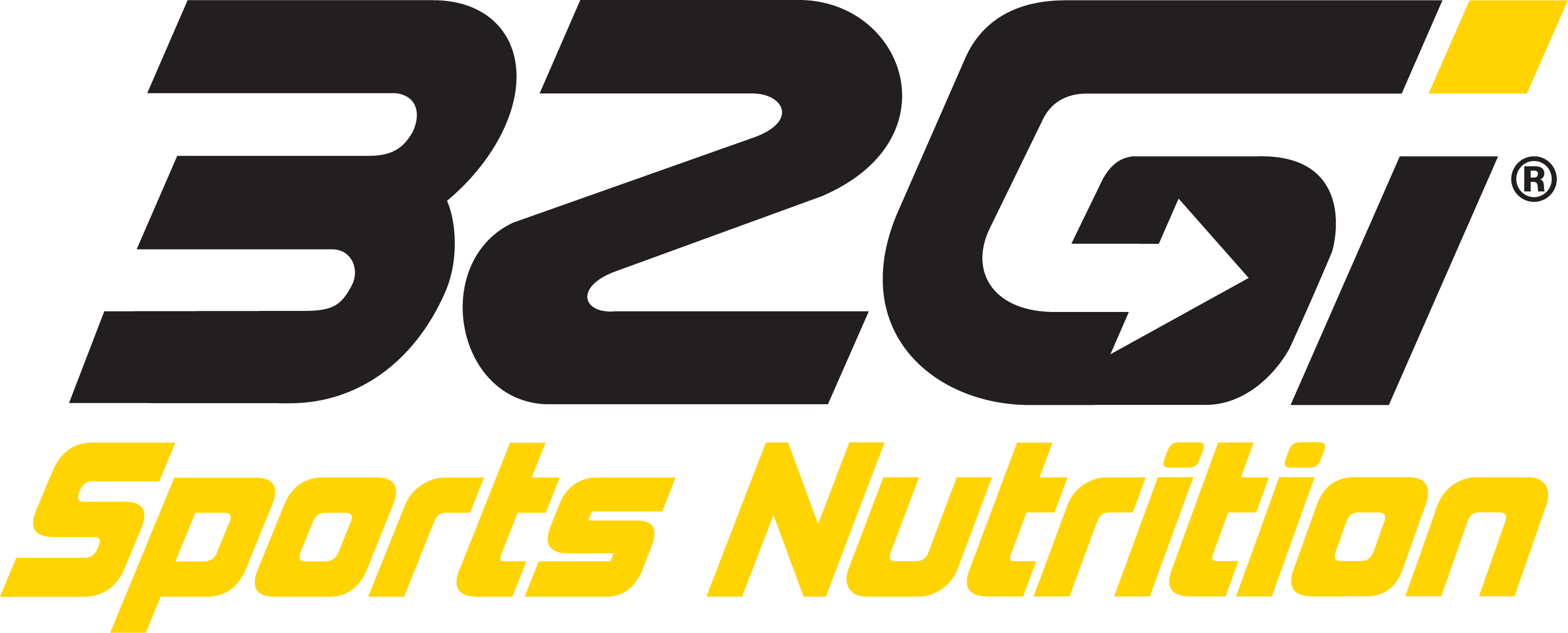Have you ever heard that expression, “that you only as good as your recovery from an exercise session?”
It's actually very true when it comes to endurance sport training exercise, it does break us down. In order for you to adapt from those training sessions, you need to recover. An athlete, that's able to recover much more rapidly, more efficiently is going to adapt far better, and get fitter and stronger much quicker over a period of time. When it comes to endurance sport, a huge amount of emphasis needs to be placed on exercise recovery.
So, when I take a look at recovery, I look at four main aspects. The first is MPS or muscle protein synthesis. Number two, blood sugar stabilization or glycogen replenishment. Number three, rehydration, and number four immune system recovery.
Step 1 - Nail your Protein intake - Nail your Recovery
So, when it comes to muscle protein synthesis, there's only one way to repair damage muscle fibre. It's to ingest protein. Protein consumption is dependent on the weight of an individual. It is dependent on the goal of an individual, and it's also dependent on the age of an individual. And we need to make sure that that target is hit on a daily basis.
A lot of people speak about this window period of protein consumption immediately post exercise. Well, it's not really true. You've got time to ingest protein post-exercise. It doesn't have to be immediate. It can be within hours afterwards. The total to the amount of protein that you're consuming on a daily basis, that is what is vital. To make sure that you hit your protein targets.
What are those varying ranges of protein intake? I would say that for an endurance athlete, a minimum of 1.4 to 1.6 grams of protein per kilogram of body weight. If somebody wants to drop body fat and lean out or is doing a lot of excessive training, and a lot of muscle damage, it's possible that there might be consuming anywhere between, I would say 1.6 to 2.4 grams of protein per kilogram body weight. Like I said, it really is dependent on an individual's goals.
Step 2 - You're an Endurance Athlete, so you HAVE TO do this!
Let's take a look at glycogen replenishment and blood sugar stabilisation. If you are doing intense exercise sessions, post-exercise you could have drops in blood sugar. You could also have slightly depleted glycogen stores, and you need to replenish those. Those are our carbohydrate stores.
The only way to replenish them efficiently is to ingest carbohydrates. So, post-exercise, and based on the duration intensive exercise session, you need to make sure that you're taking in the right amount of carbohydrates. In order to be able to help your body recover, replenish its glycogen stores, and stabilize your blood sugar, so that you're ready for the next session.
The last thing you want to be doing is training with depleted glycogen stores, especially if you're doing quality work. Because you're going to need that rocket fuel tank in order to be able to support your efforts.
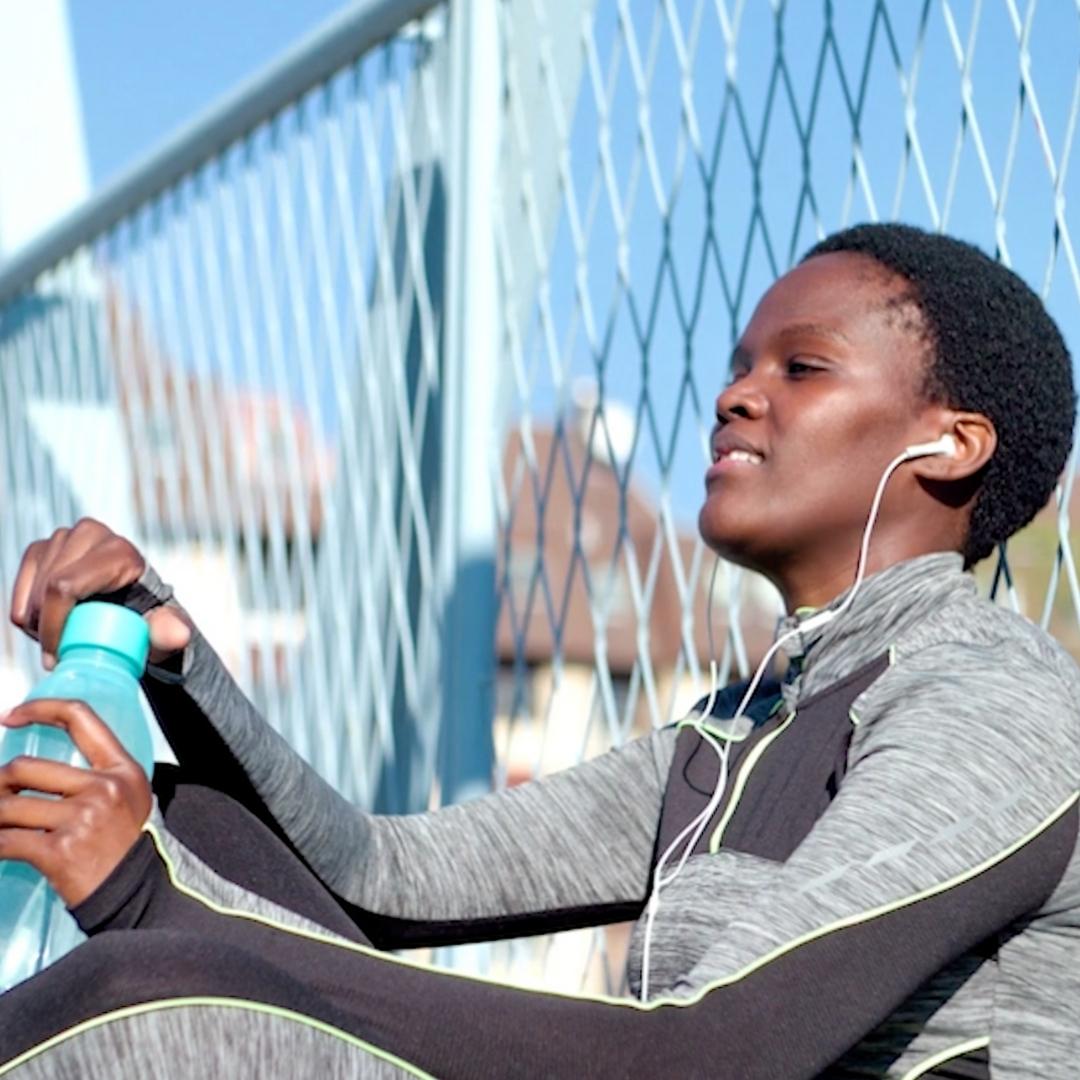
Step 3 - Hydrate! Or pay the price with Step 1, 2, 3 & 4!
When it comes to rehydration, it's very important to understand that if I take a look just at glycogen replenishment, we're talking about one gram of glycogen bound to three grams of water. So, if you're in a dehydrated state, you're going to battle to replenish your glycogen stores. Because glycogen requires water in order to be able to store. So, it's very important that you're in a hydrated state.
Another thing I wanted to touch on when it comes to rehydration is that fluid loss can impact your ability to perform and recover. So, it's important to make sure that post-exercise or during exercise, and even pre-exercise, that you are consuming the right amount of fluid around your training in order to make sure that you are properly hydrated.
Lastly, I want to speak about alcohol. There's no point in consuming alcohol after hard exercise session. Delay it! Focus on the rehydration, and only once you are properly hydrated, if you really then want to consume some alcohol, then go ahead. But just understand that it does dehydrate you and it can delay the onset of recovery.
Step 4 - Optimise your Immune System to offset the beating it takes with Endurance Sports
Lastly, I just want to touch on immune system function. I think that this is a very important area that requires some focus, exercise suppresses immune system function. You need to make sure that you do consume the right amount of protein on a day-to-day basis, because your immune system requires it for optimal function. You need to also make sure that you're not in a severe calorie deficit, because your immune system requires an energy balance in order to be able to ensure that it can function optimally, especially when the body's under so much stress.
Finally, you do need to try and eat more nutrient dense foods. Keep the junk foods out, give your immune system, give your body, the best kind of nutrition that you can in order to be able to stay healthy.
There are the supplements that are available, which can help fortify and optimize immune system function. Things like vitamin C, vitamin D, zinc, and then things like a beta-glucan, like wellmune®, is also absolutely phenomenal when it comes to infection fighting.
If you missed the previous episodes in our Ultra Marathon Fuelling Series...
Episode 1 ↠ A BIG mistake people make close to Comrades Marathon
Episode 2 ↠ How to know what (if any) fuel to take for your session
Episode 3 ↠ Carbs per hour required to fuel your Ultra Marathon
Episode 4 ↠ Don't forget to feed! Maximise performance by splitting calorie intake
Episode 5 ↠ Nail your next event with these hydration musts!
Subscribe (It's FREE) to our YouTube channel to be the first to view our latest and greatest video content.
Solve ALL your Recovery problems with these Scientifically and Expertly Crafted products...
Step 4 - SOLVED
Forget about just boosting your Immune System! With the amount of stress athletes put on their bodies, you need to be optimising daily...
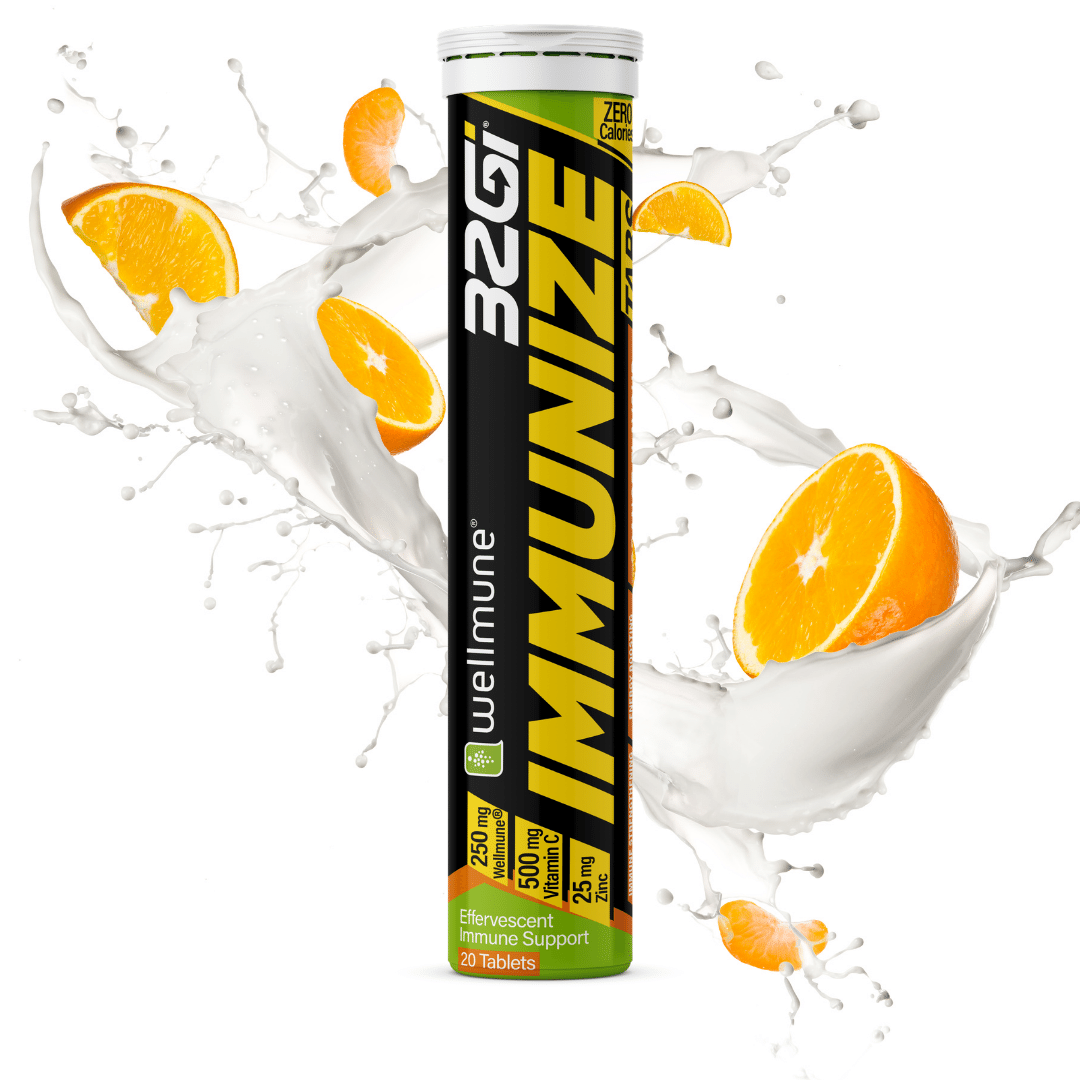
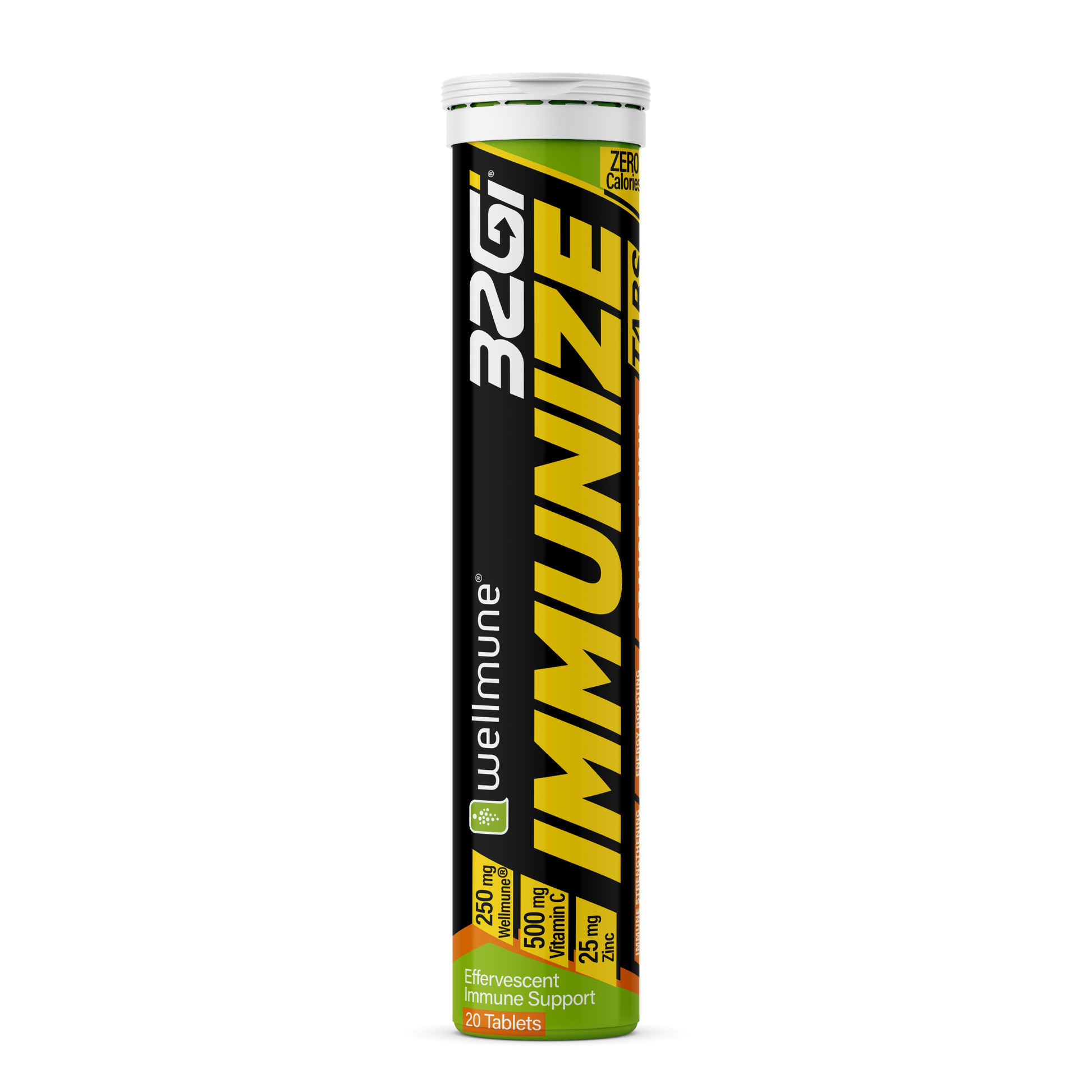
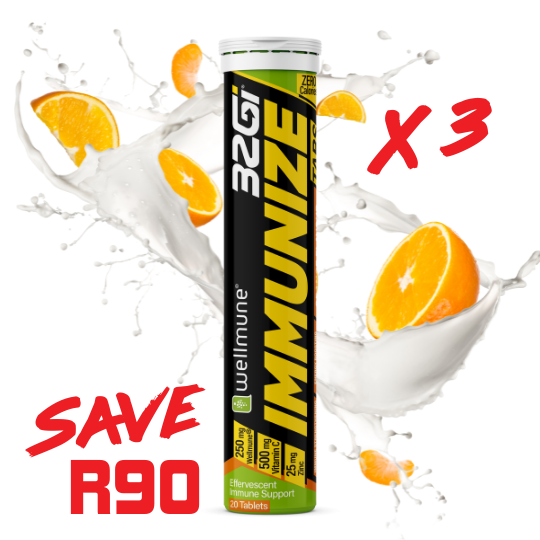
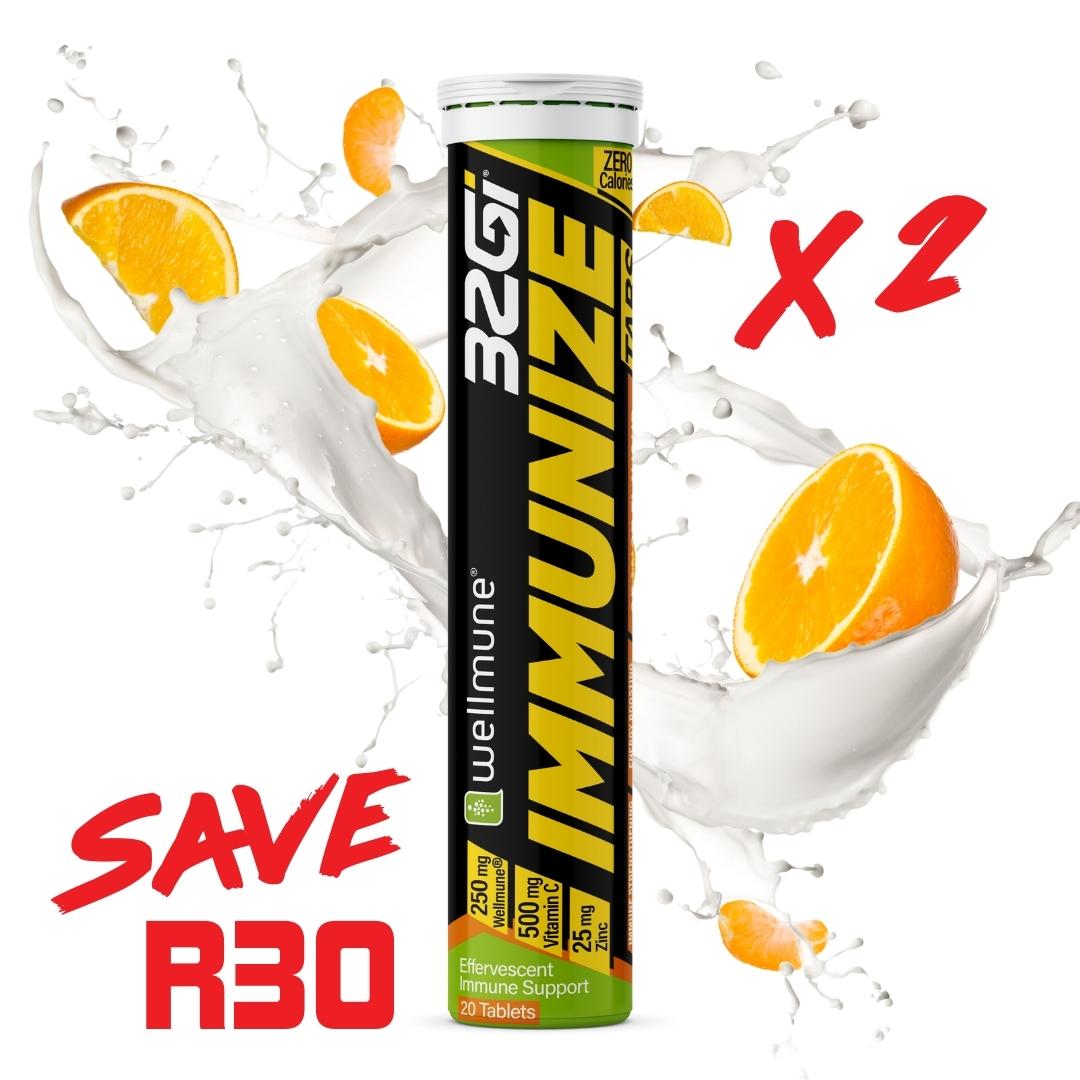
Immunize - 24/7 Athlete Immune Support
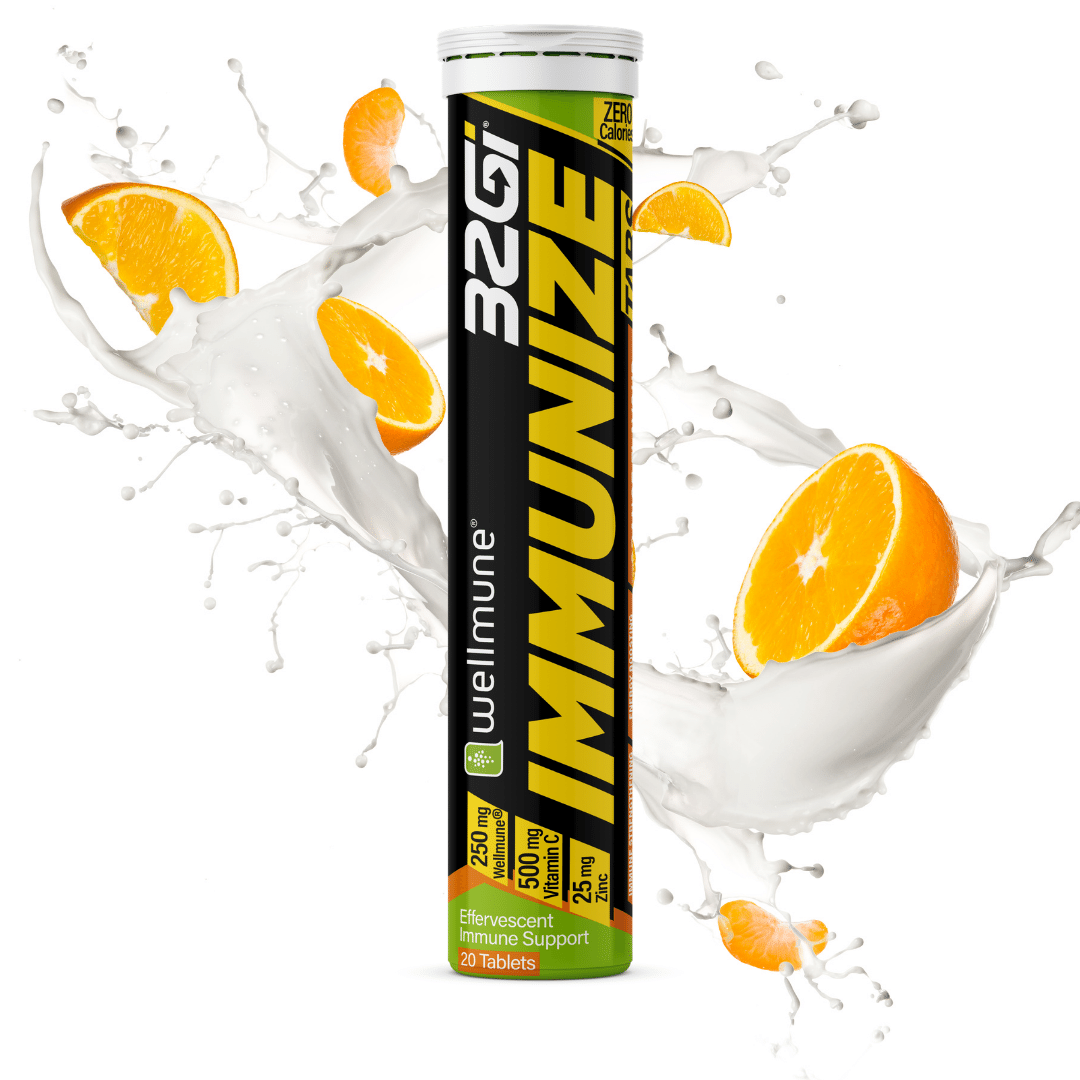
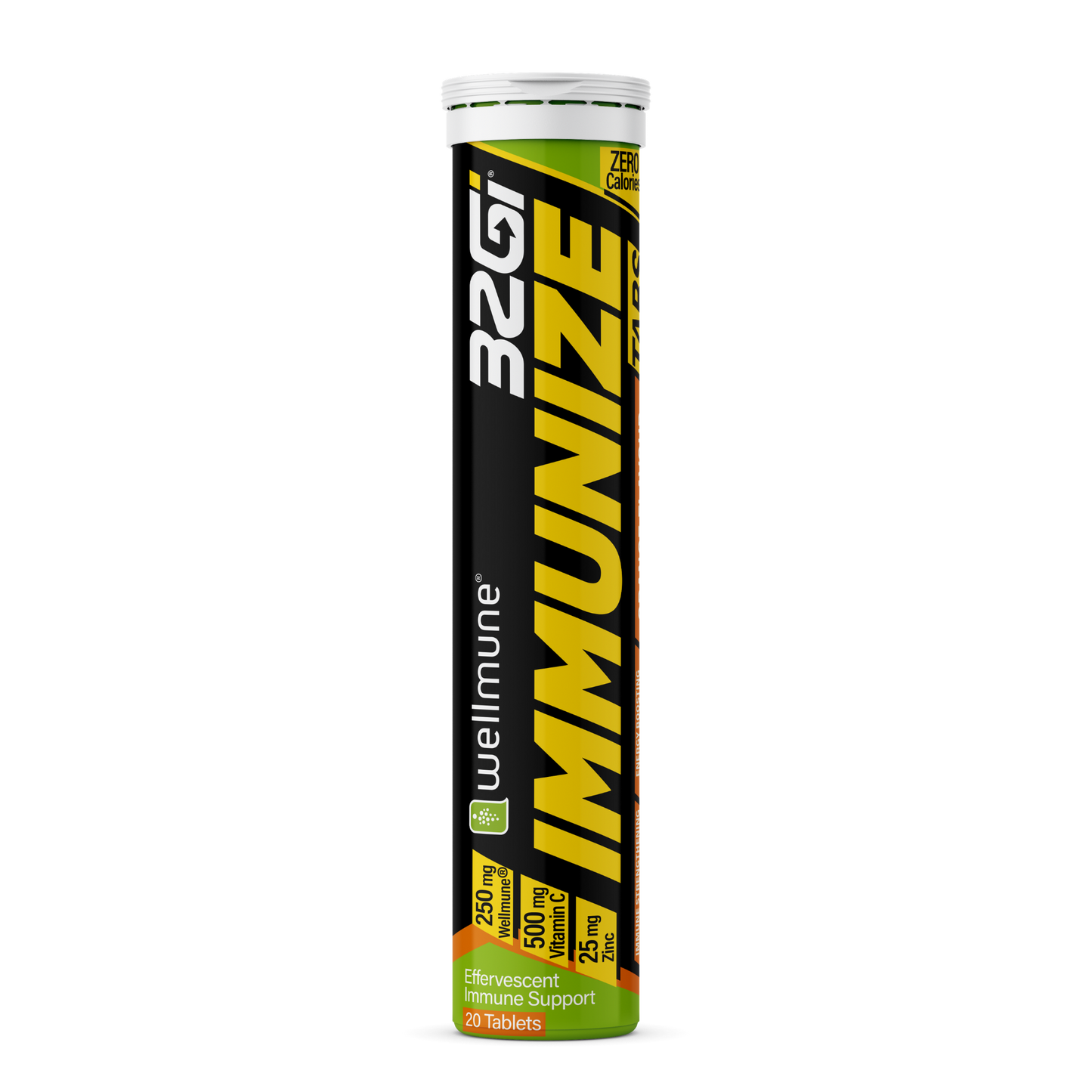
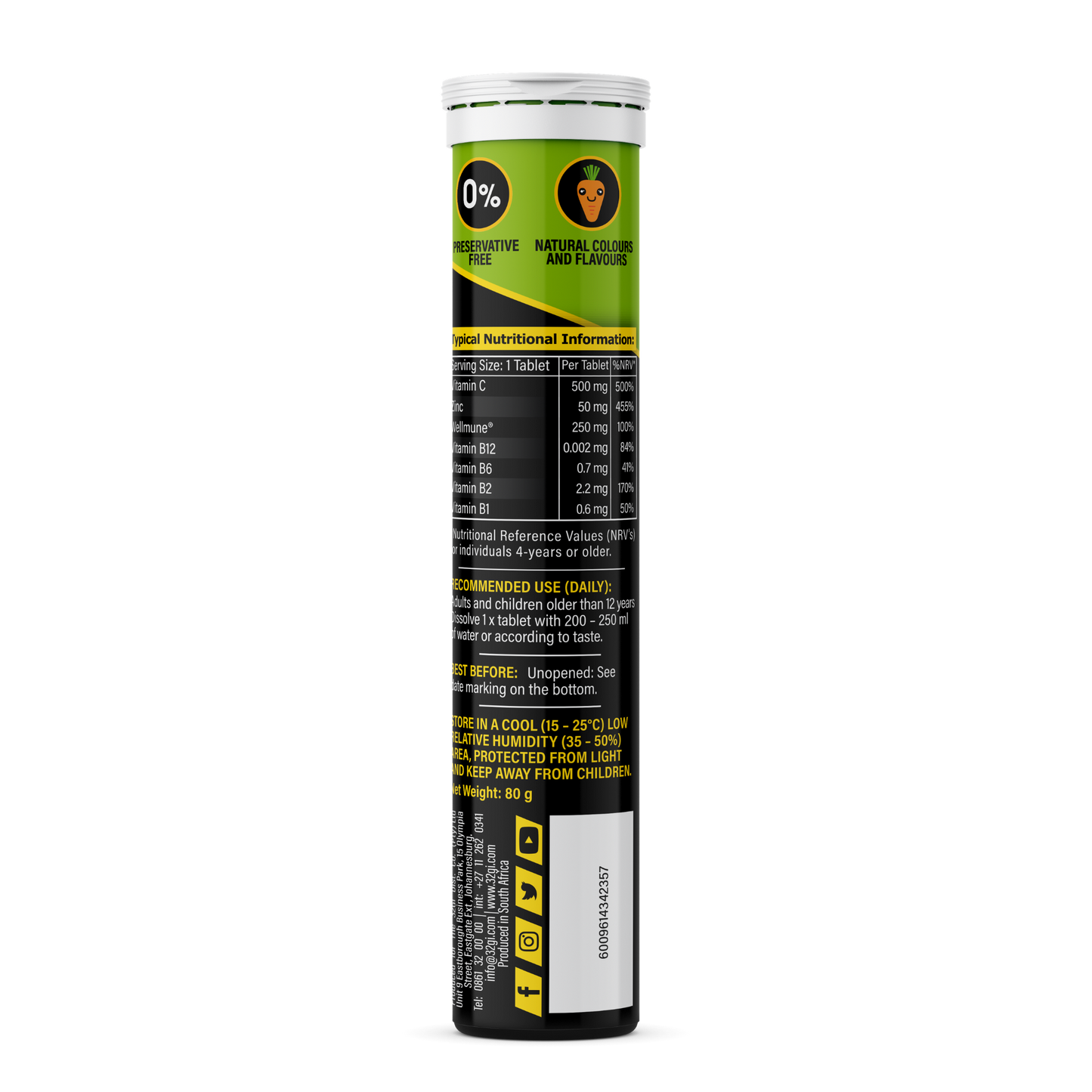
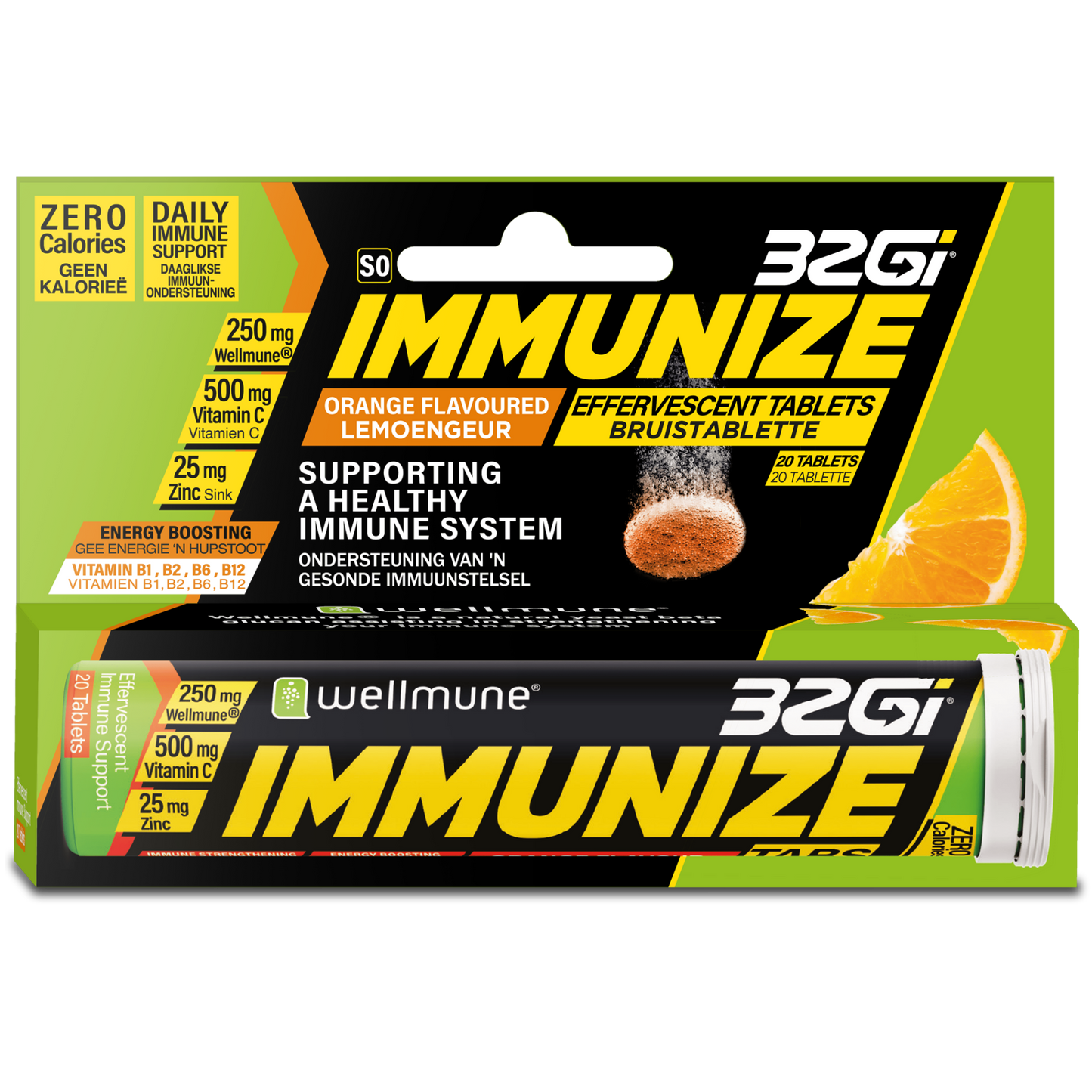
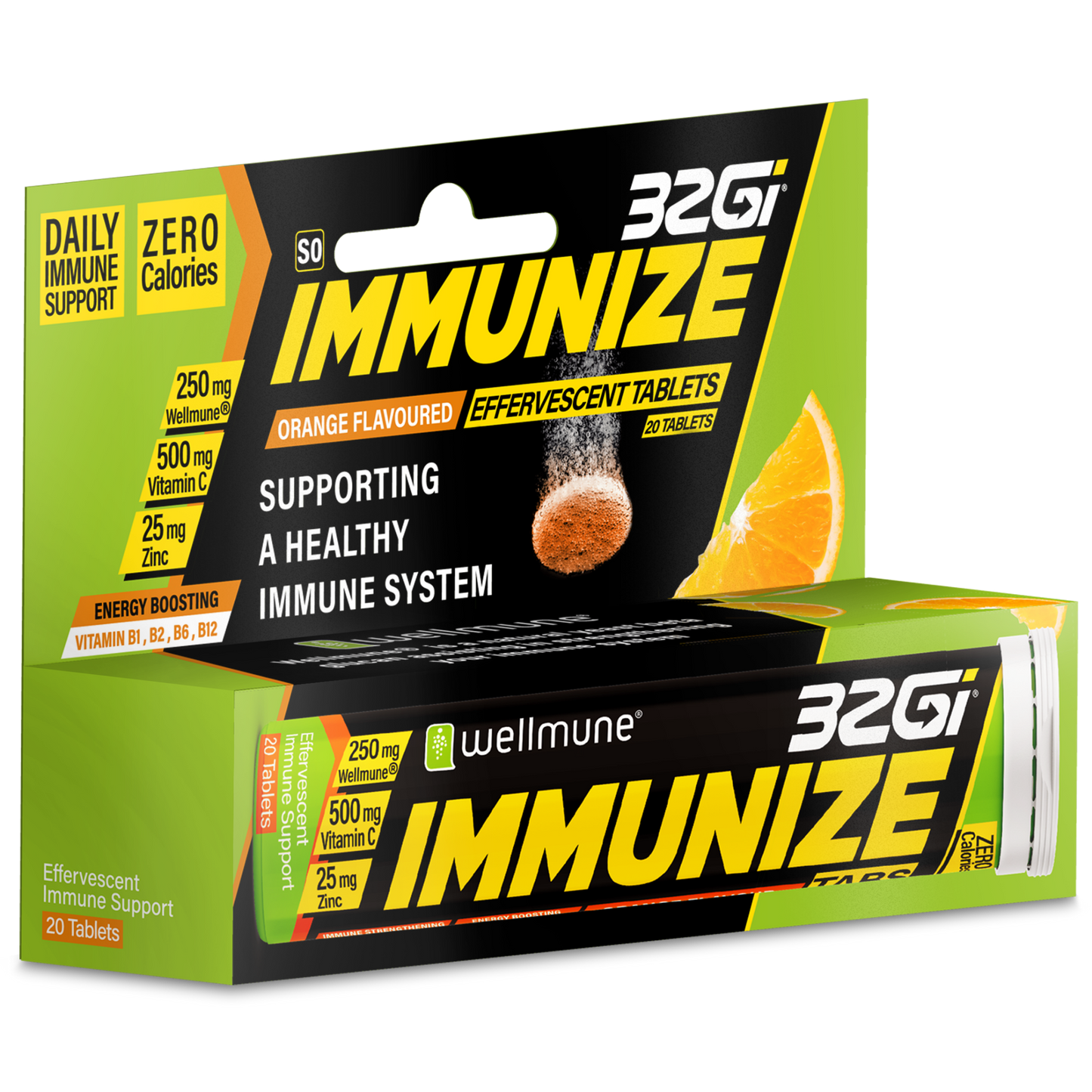
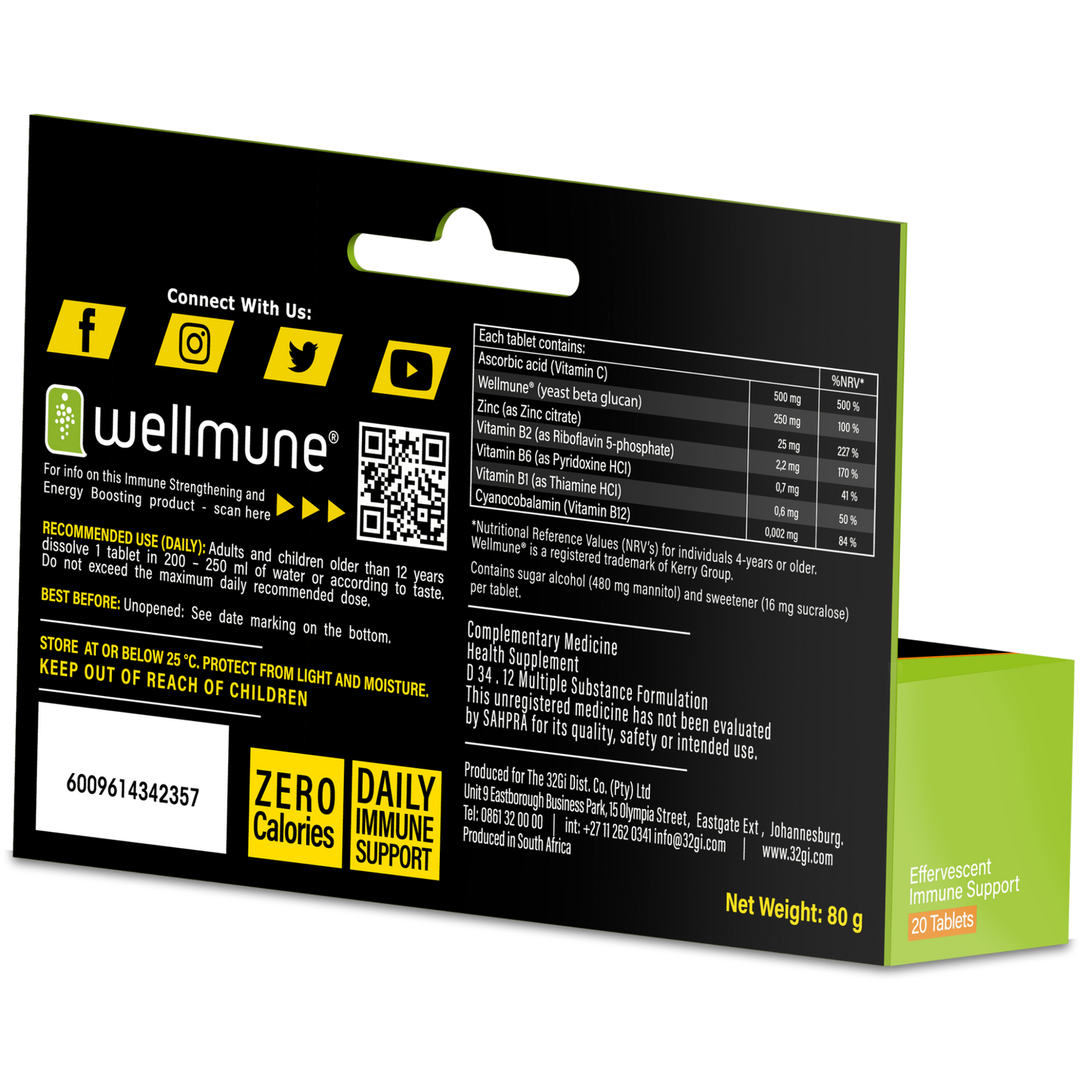
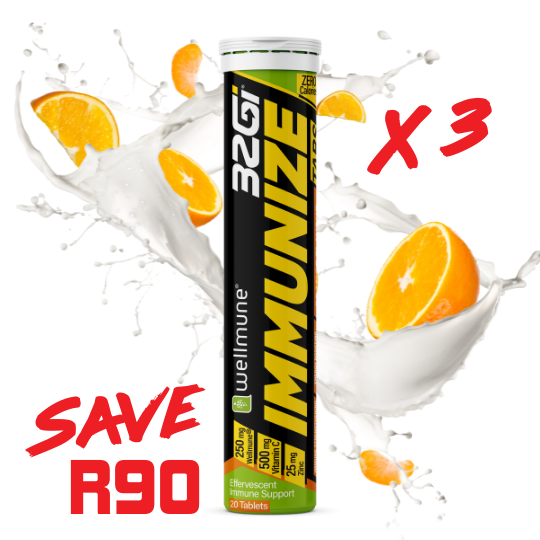
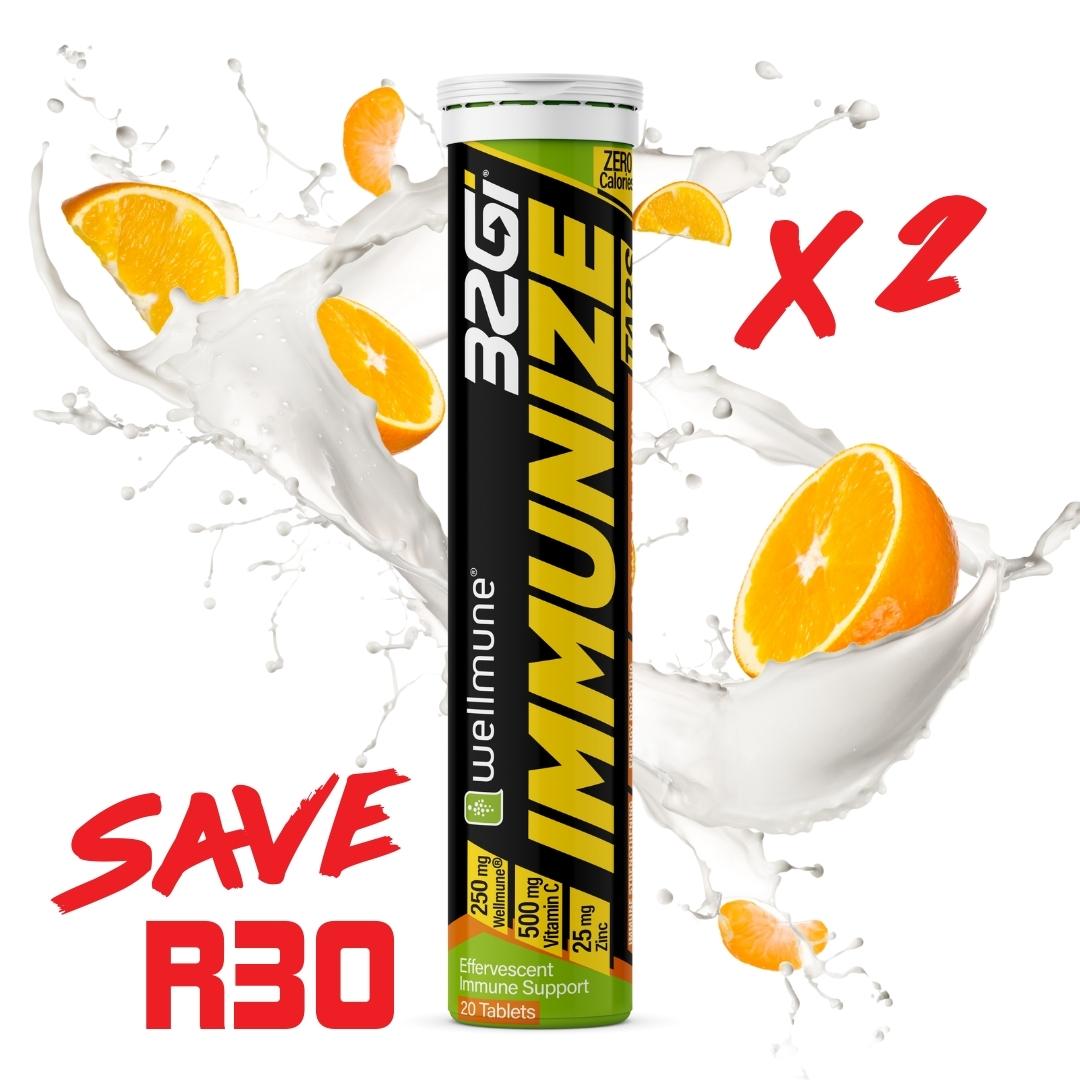
Step 3 - SOLVED
With this brilliant little hydration number...
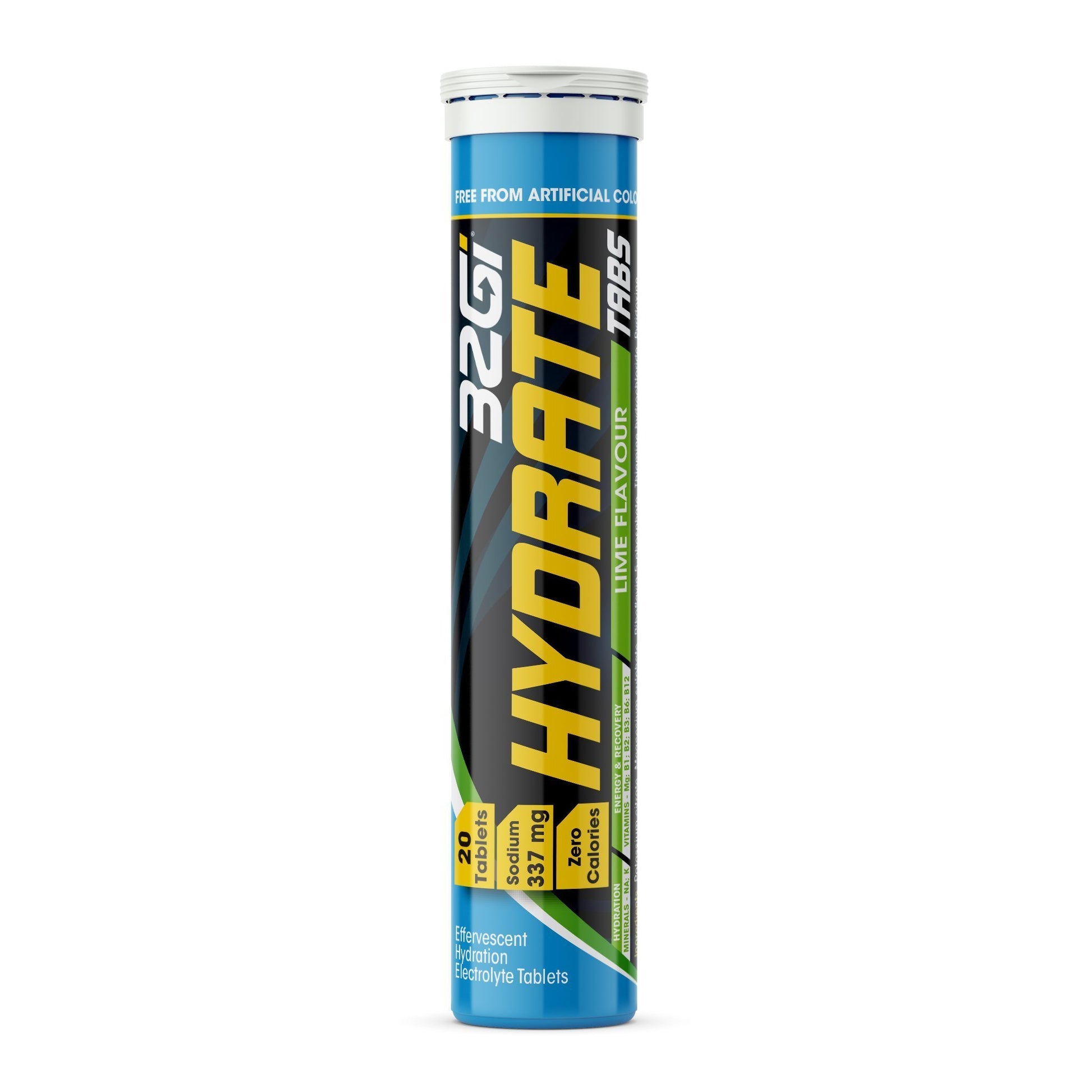
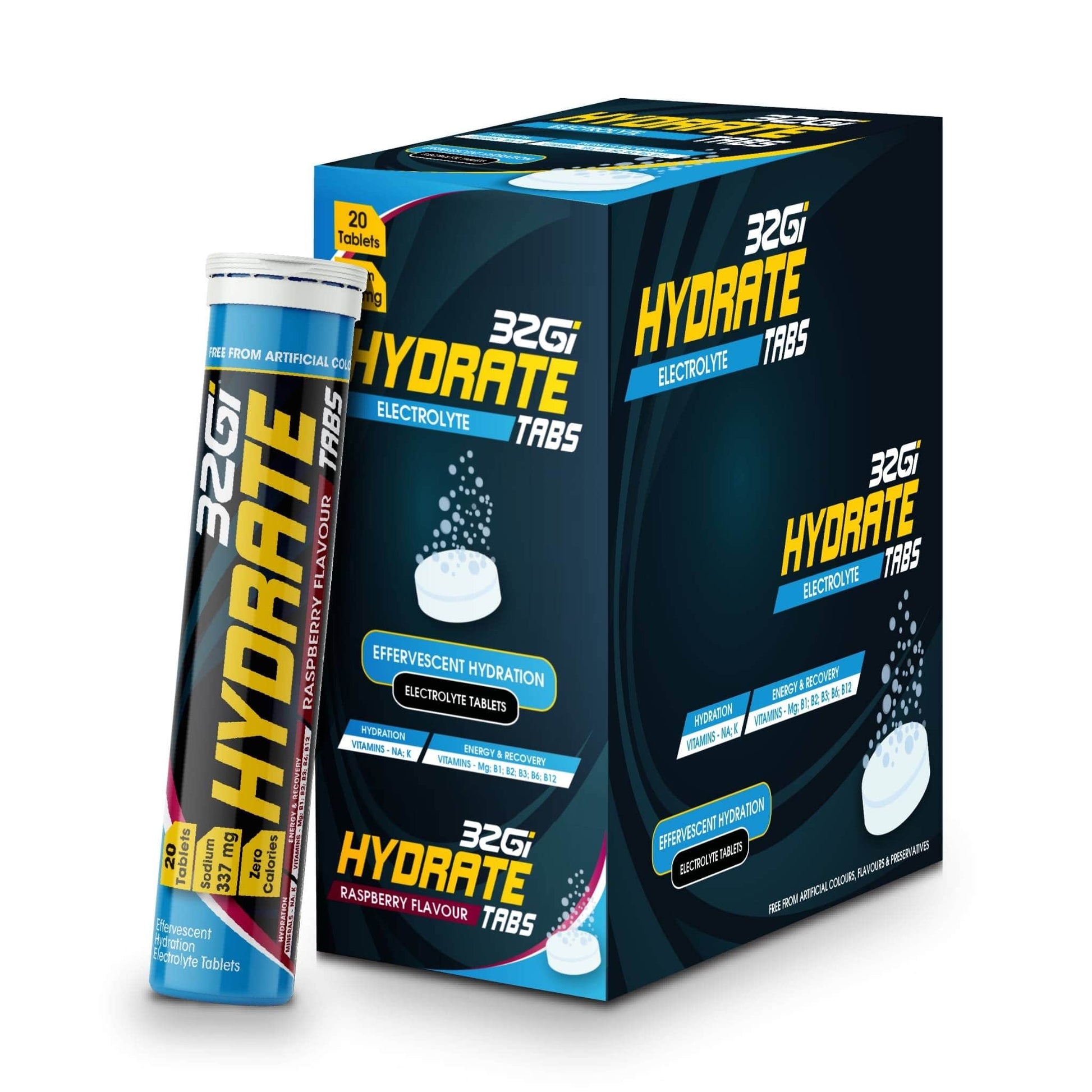
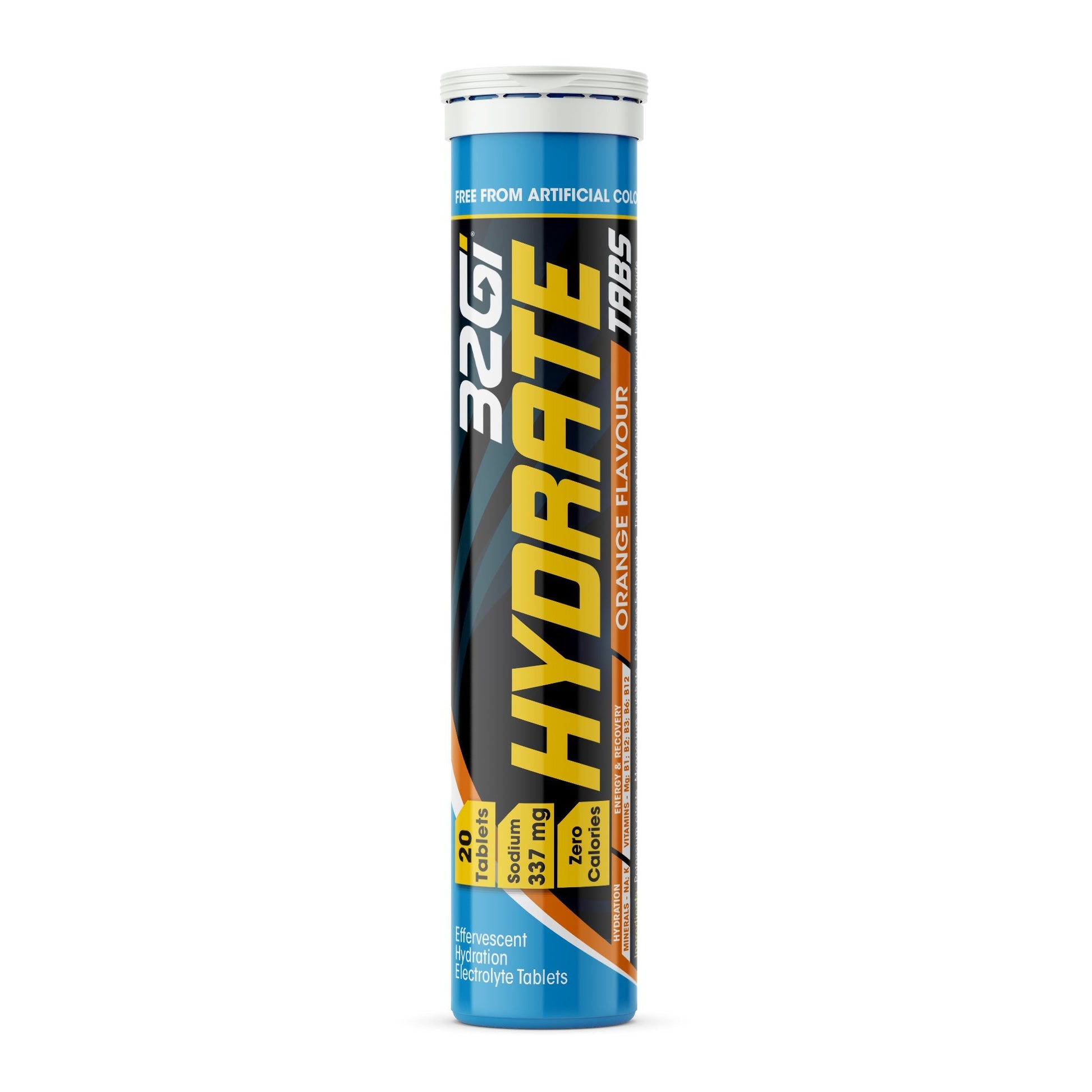
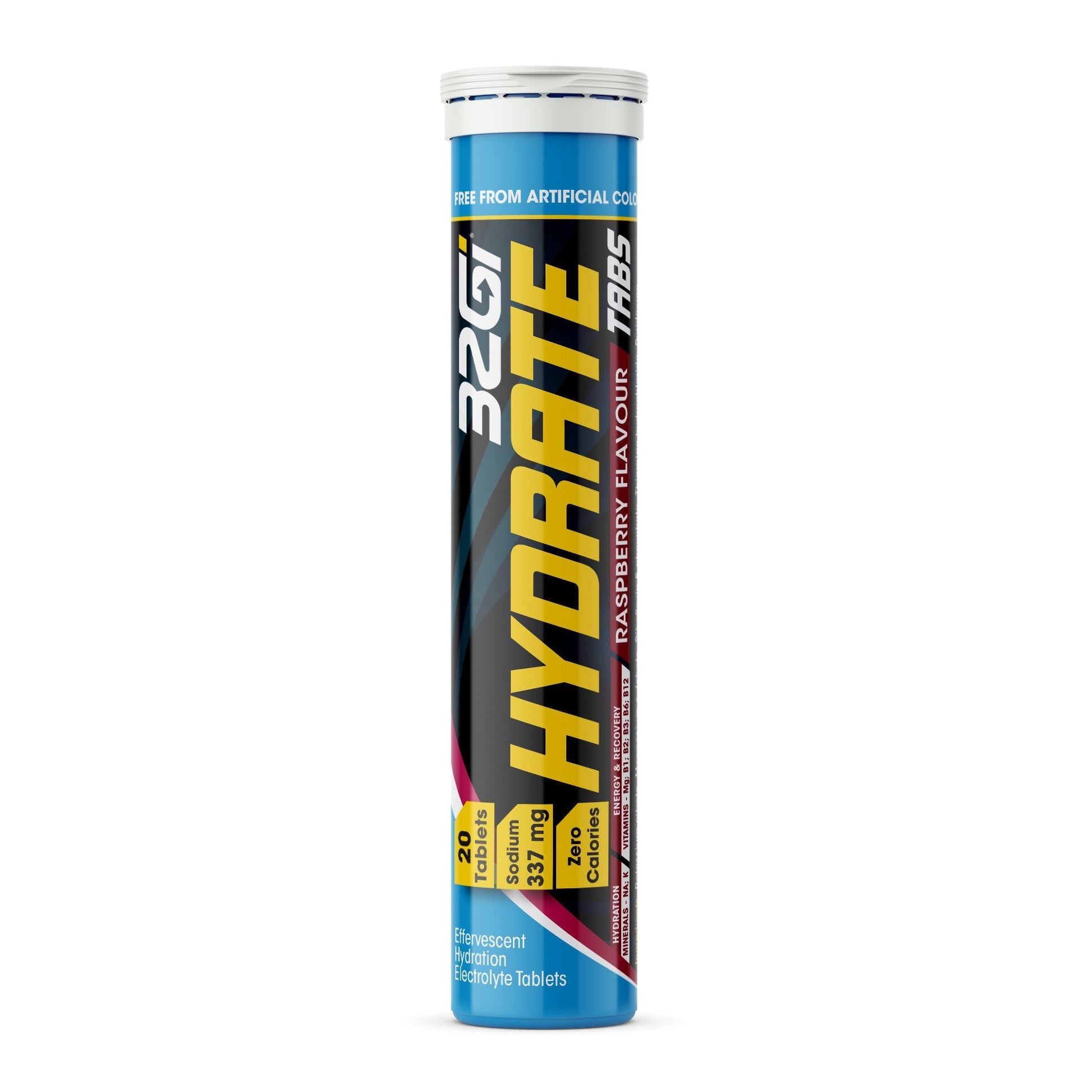
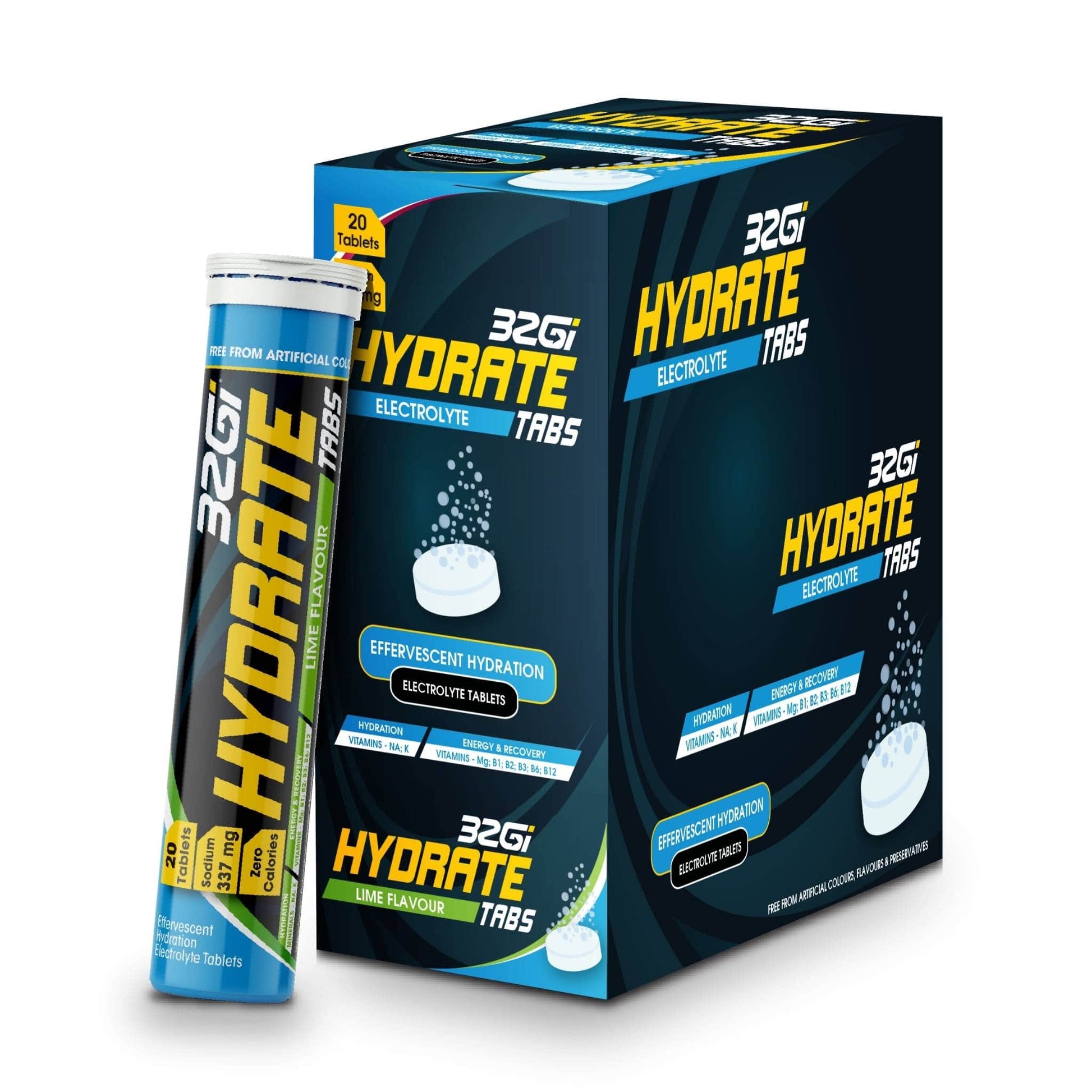
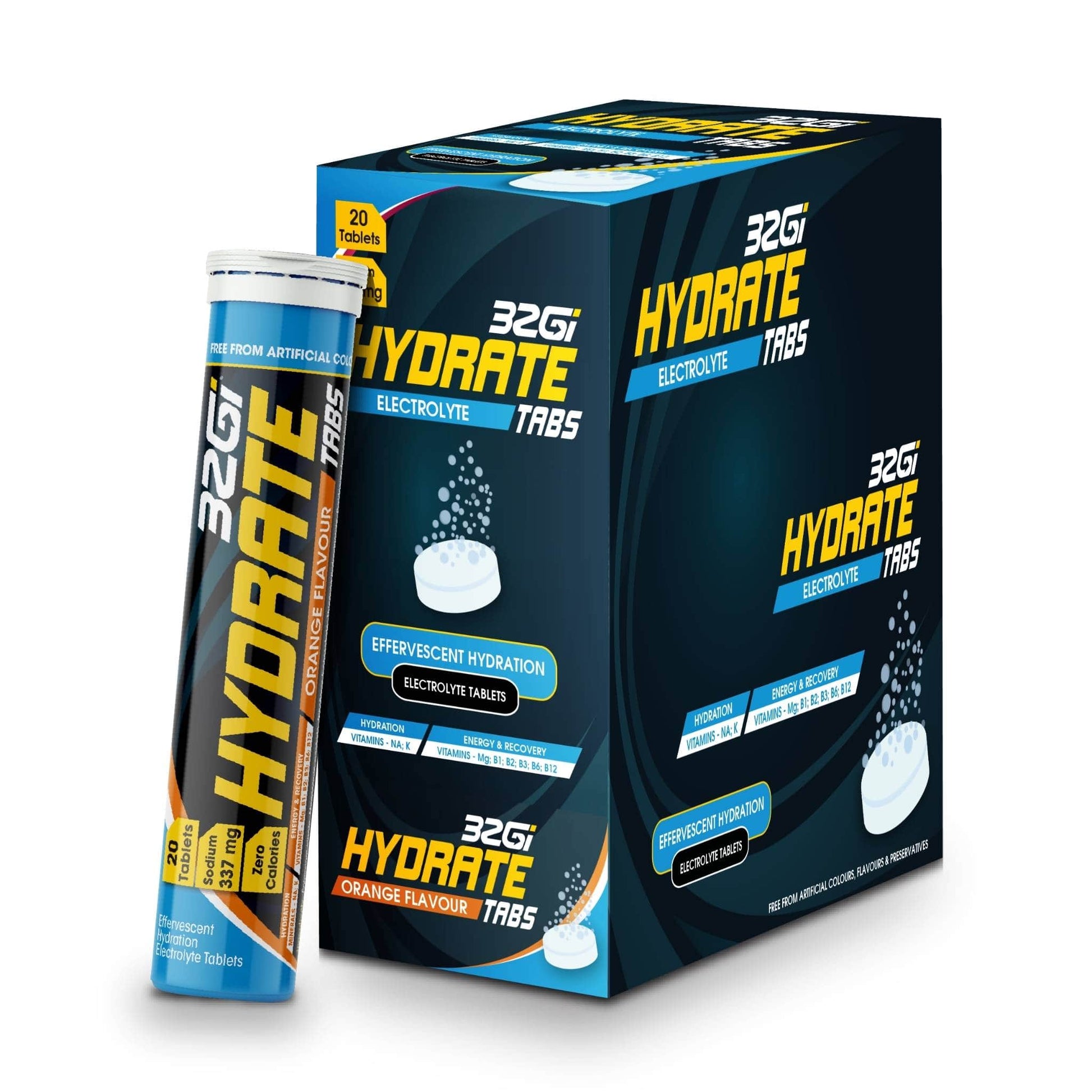
Hydrate - Electrolyte Hydration Sports Drink
Product Overview
Hydrate is a uniquely designed effervescent drop in a bottle hydration tablet which has been Vitamin B fortified. HYDRATE has been specifically designed to minimize mineral loss during exercise and increase osmolality to maximize fluid absorption. The Vitamin B fortification of HYDRATE is to aid the energy system. Vitamin B12 assists the body in converting carbohydrates into glucose for energy as well as aiding the immune system.
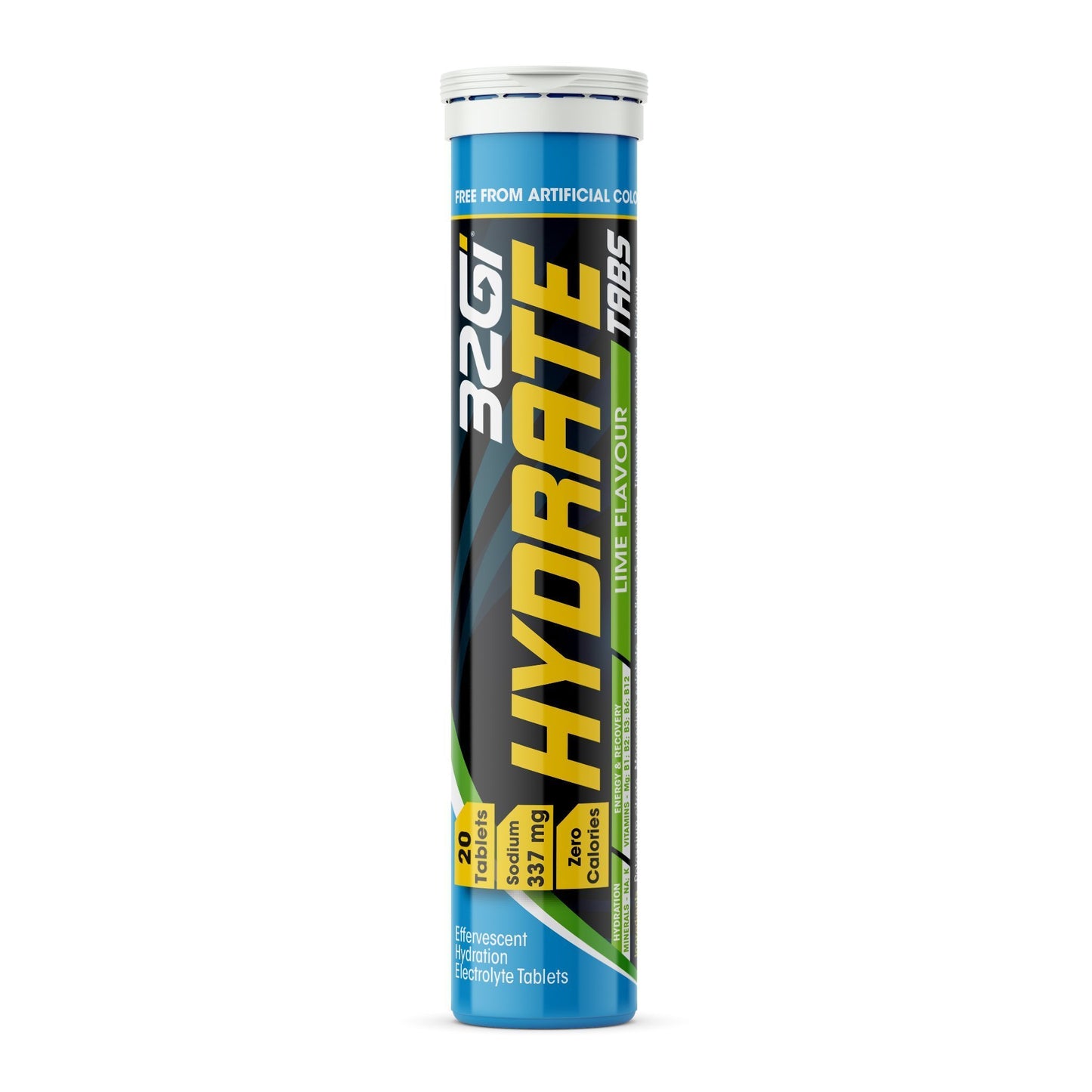
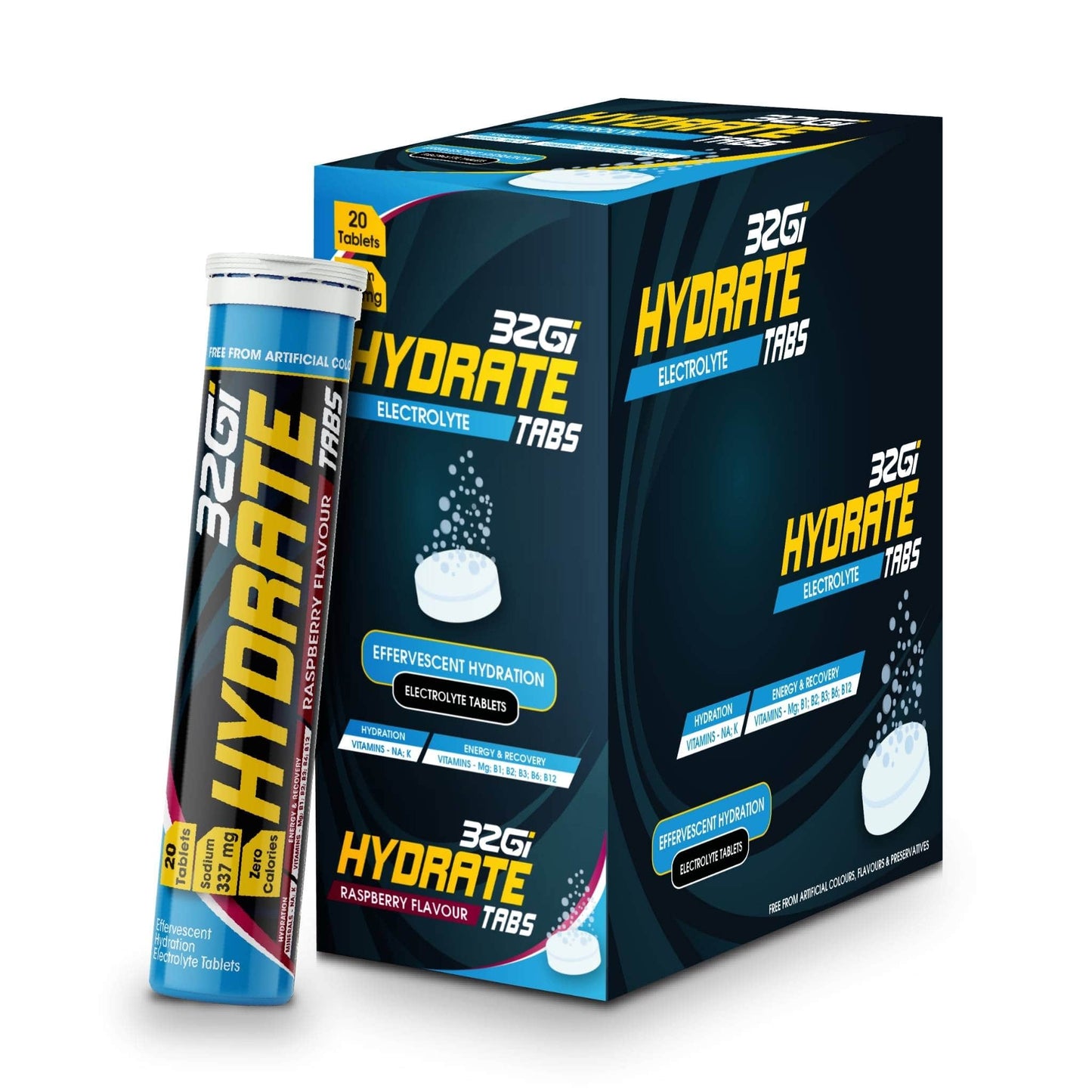
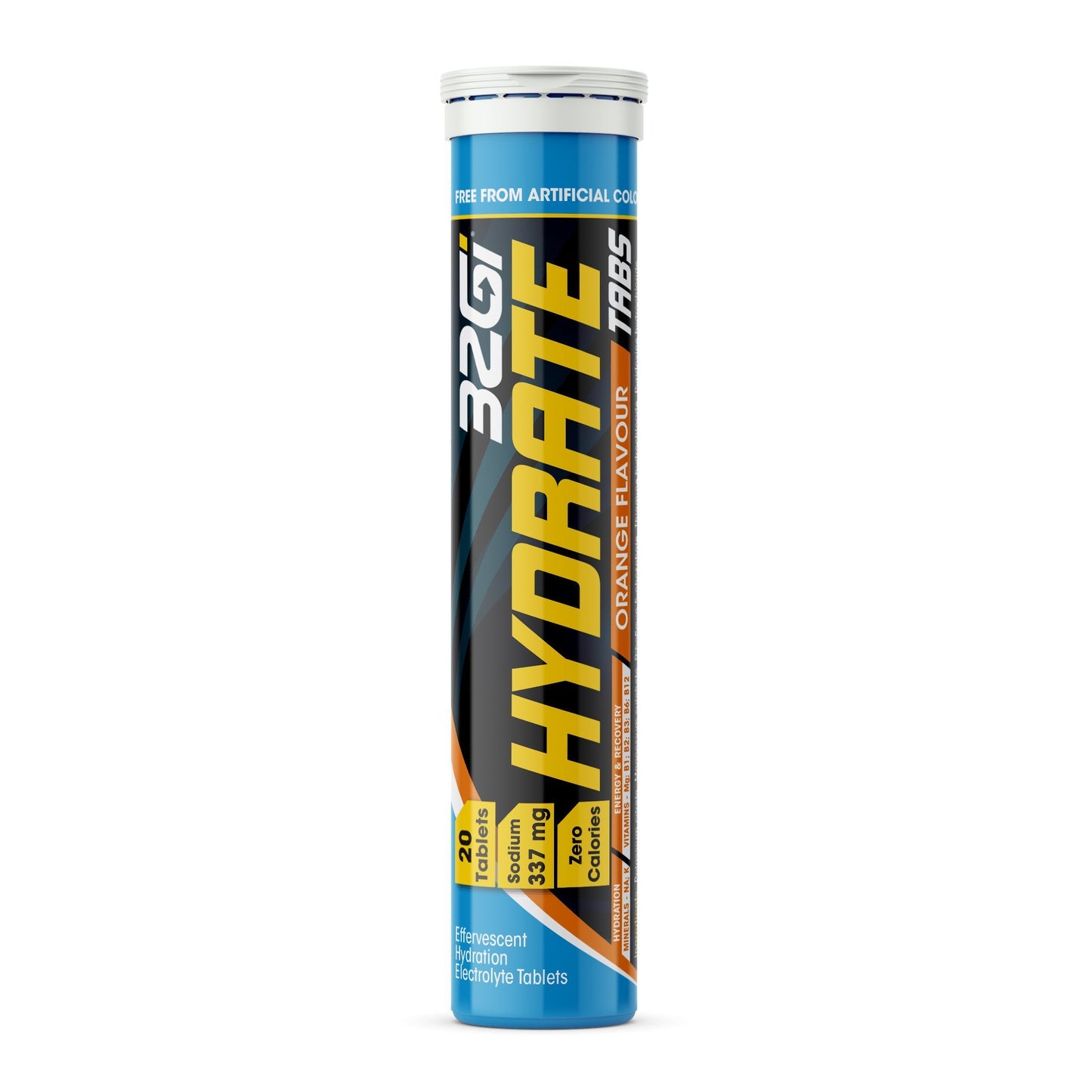
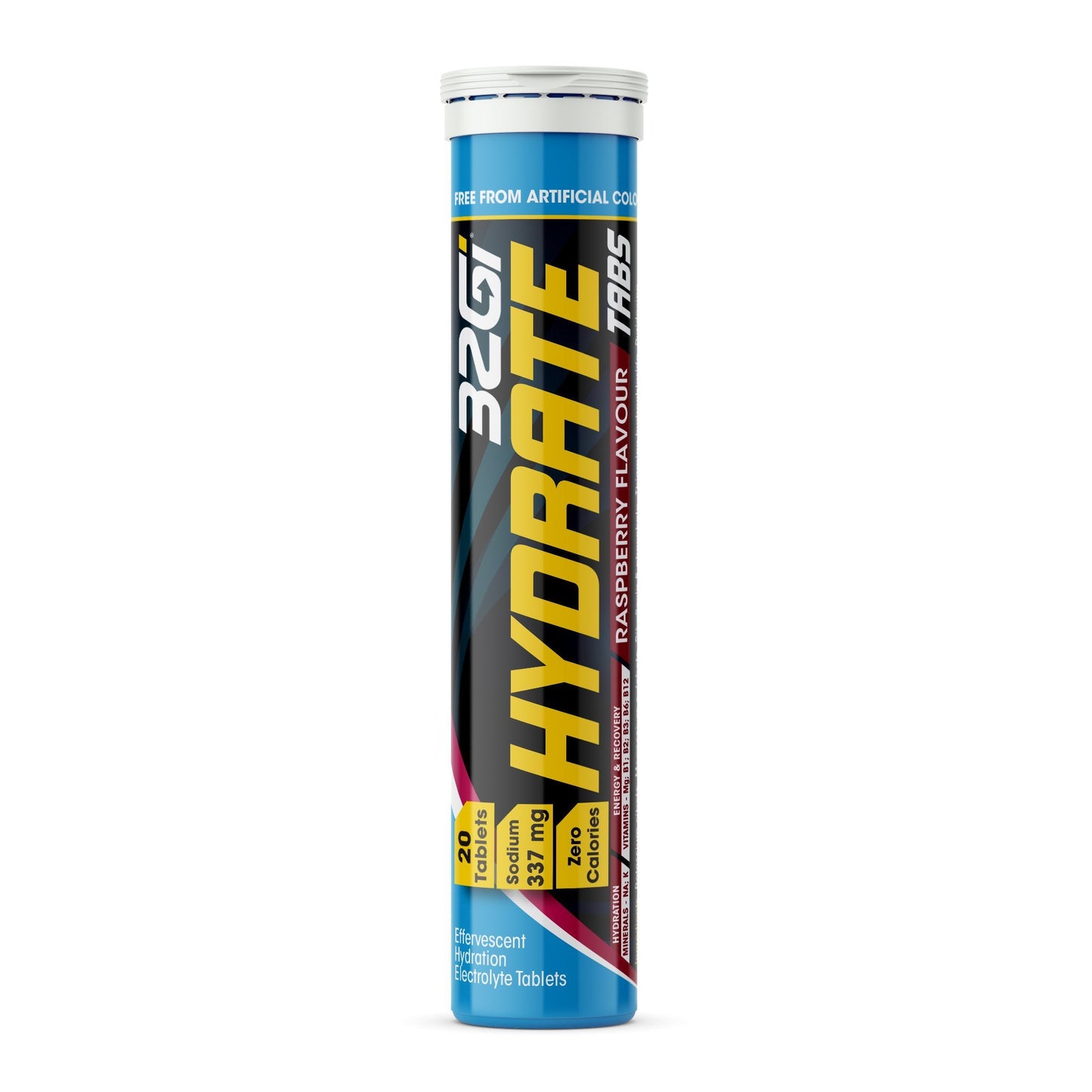
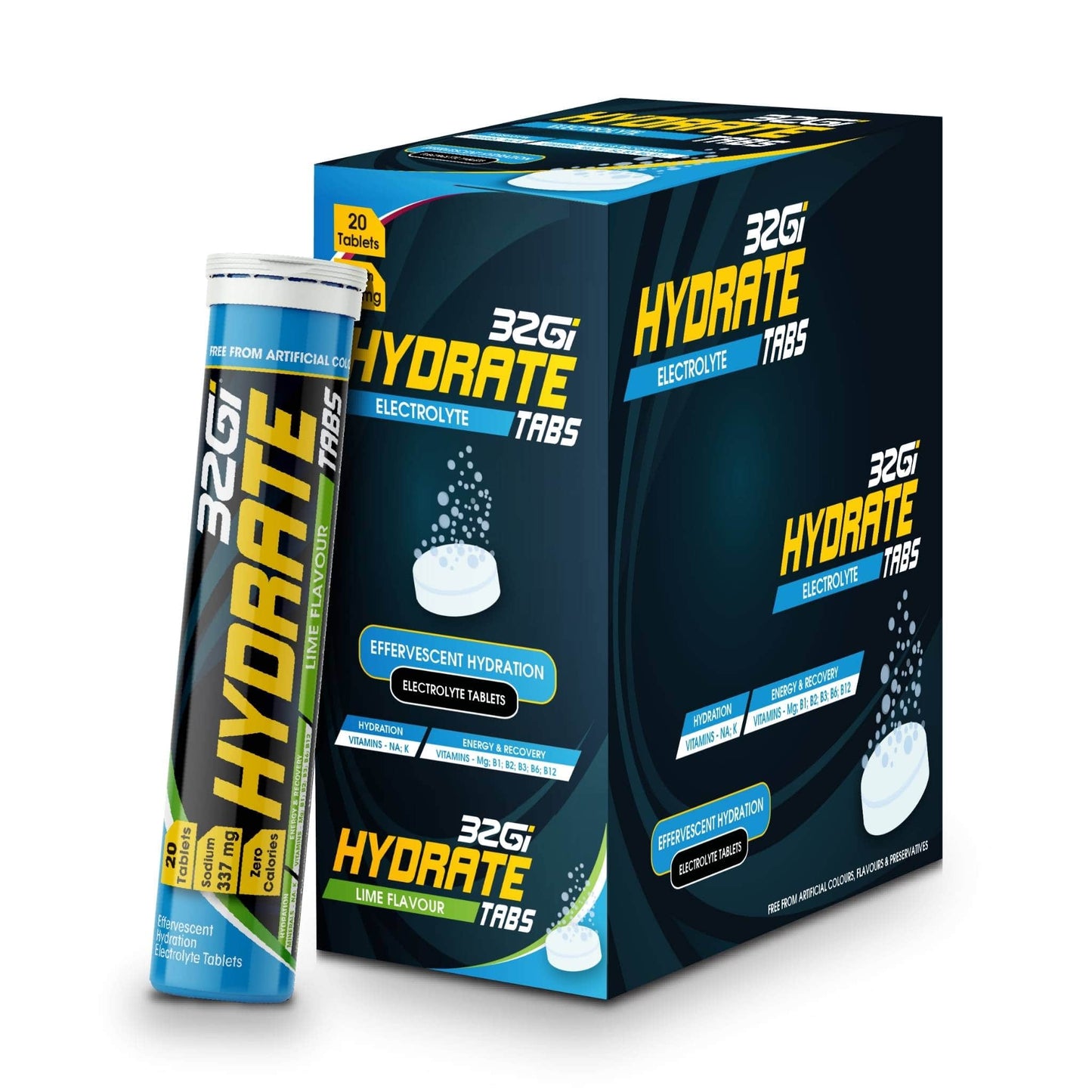
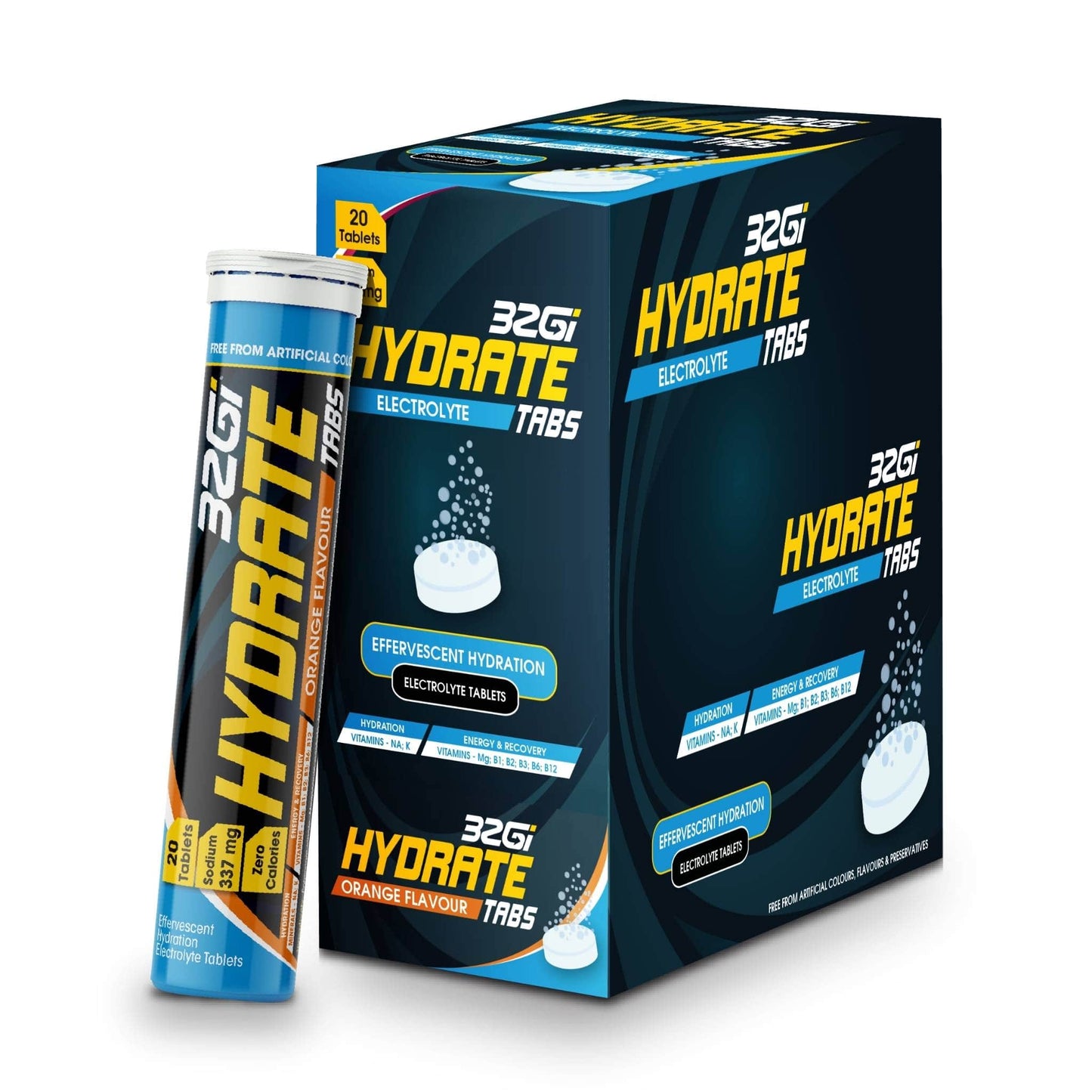
Step 2 - SOLVED
Our Recovery Drink is repeatedly rated as the Number 1 tool to help athletes recover faster, with its optimal carb:protein recovery formula...
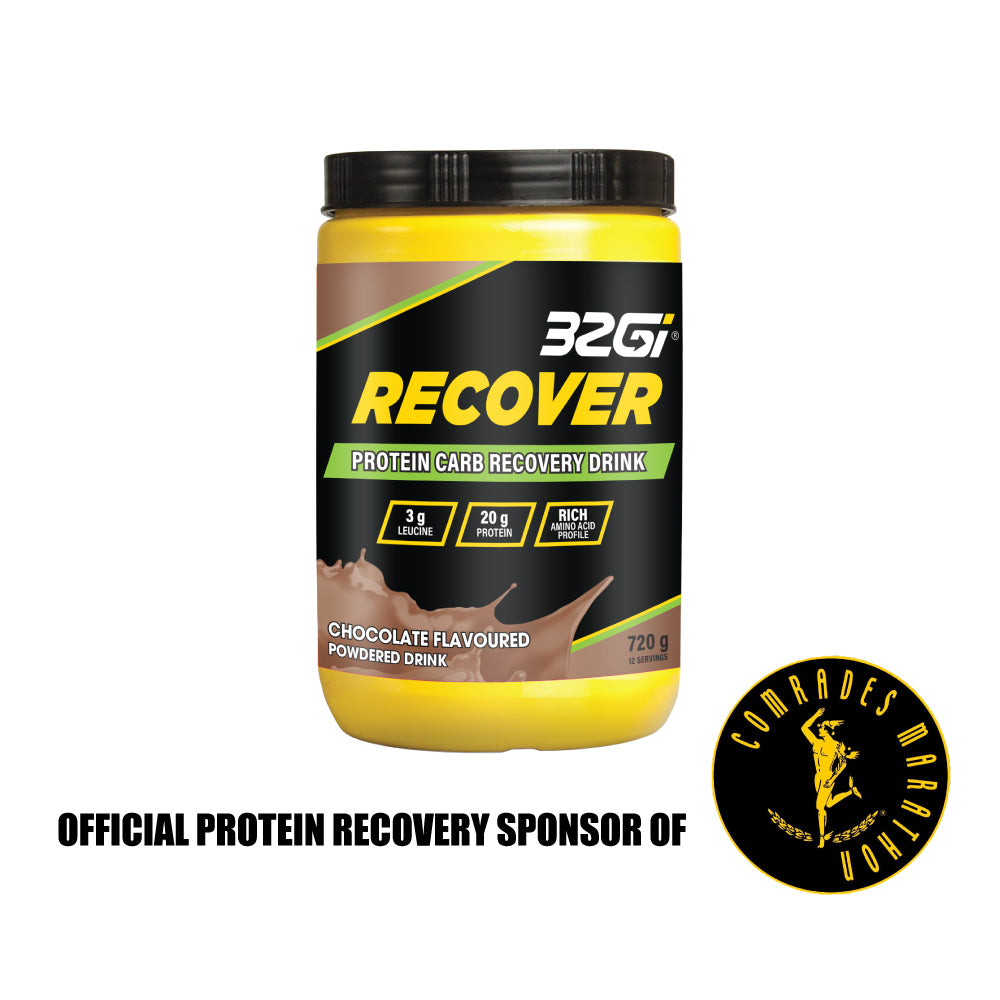
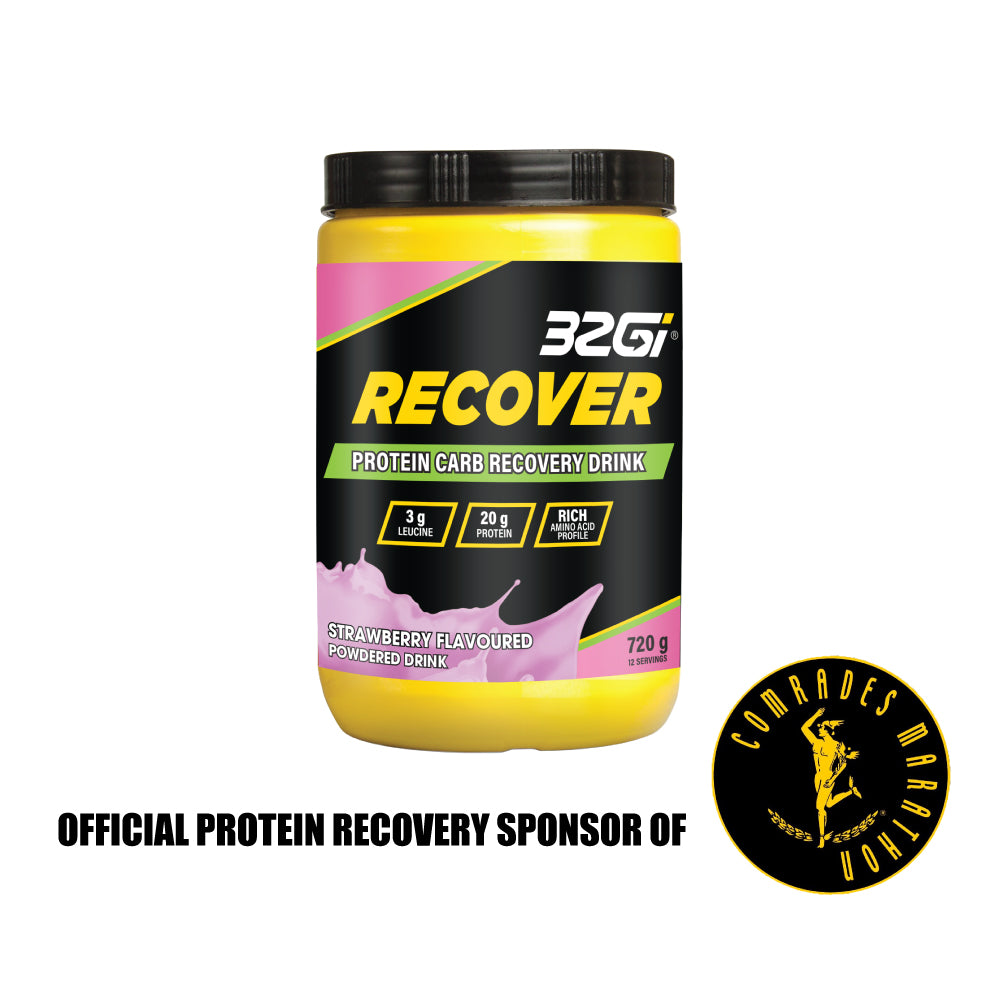
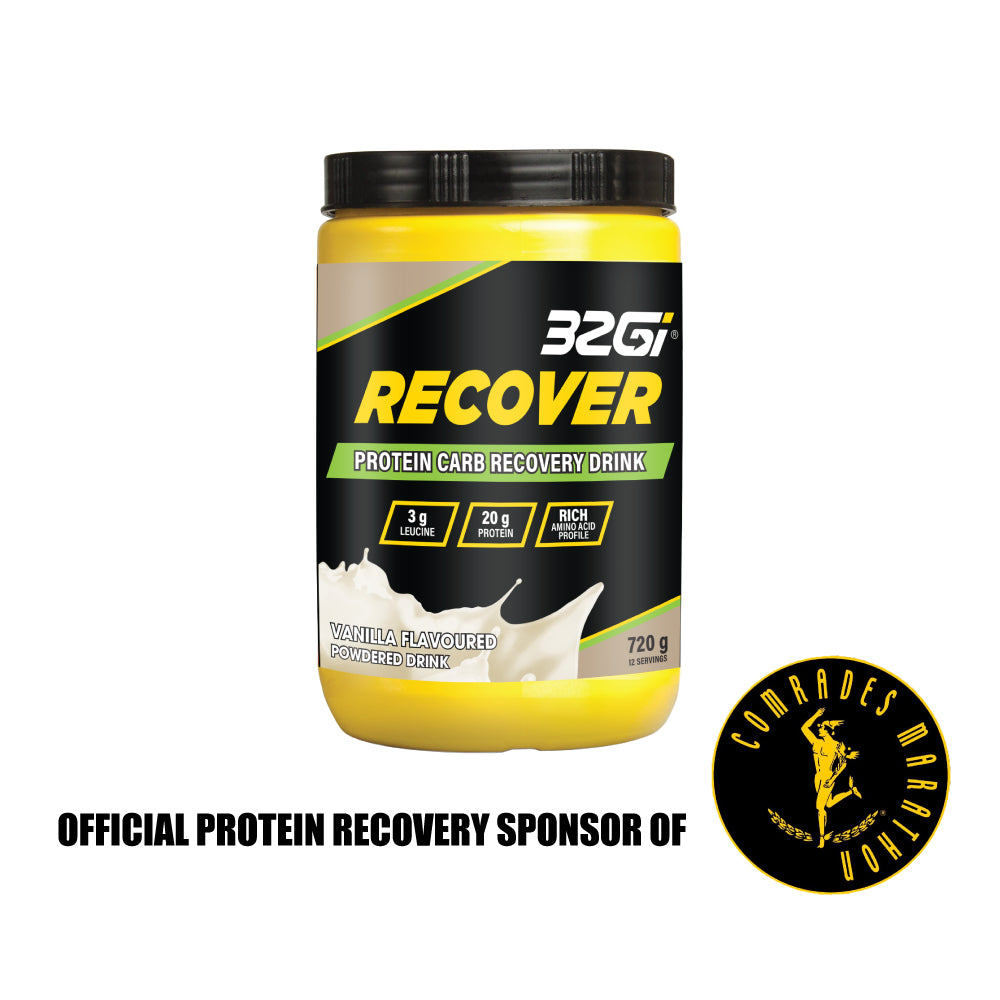
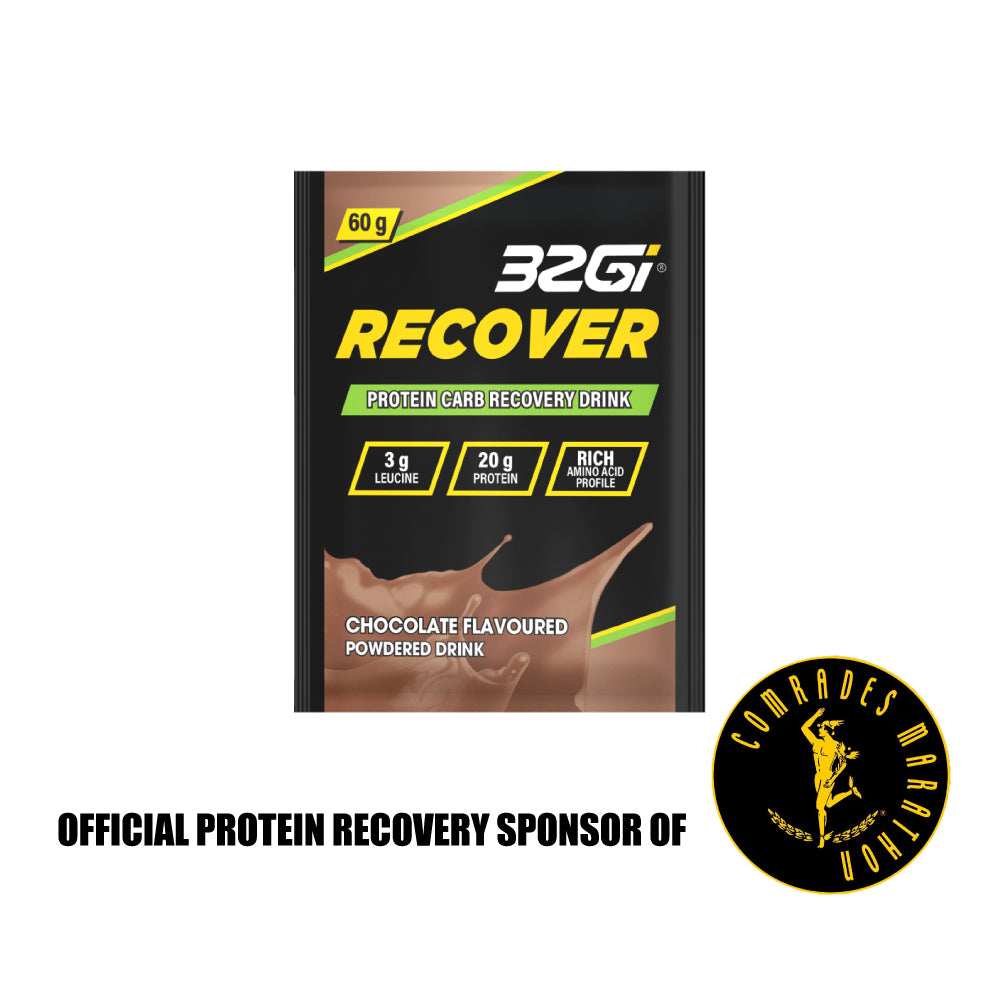
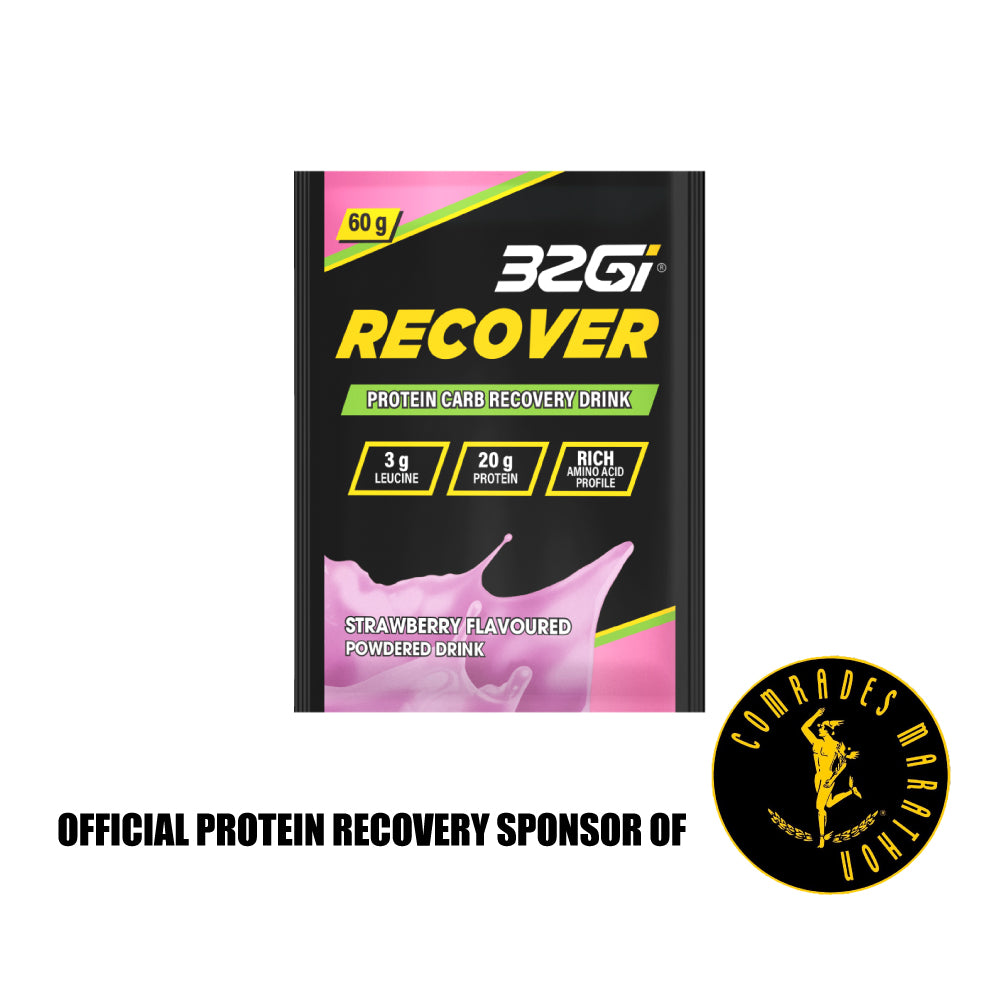
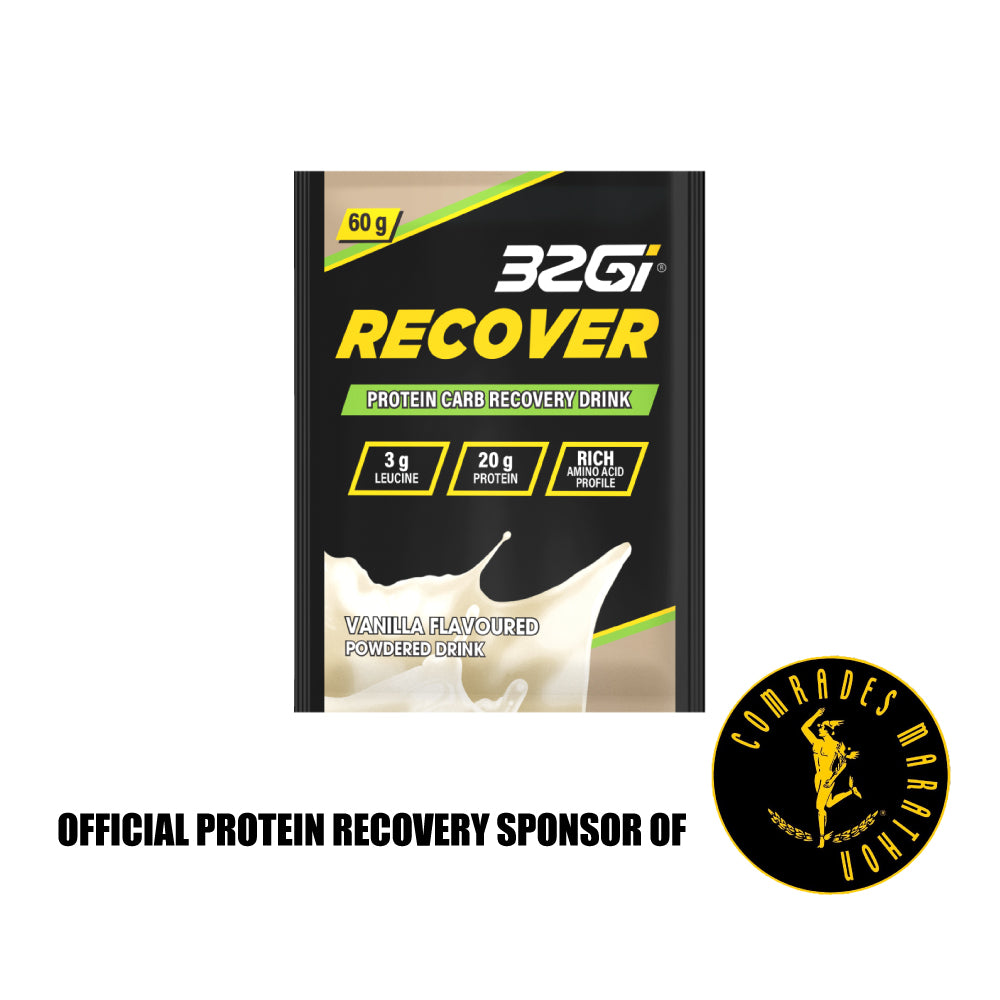
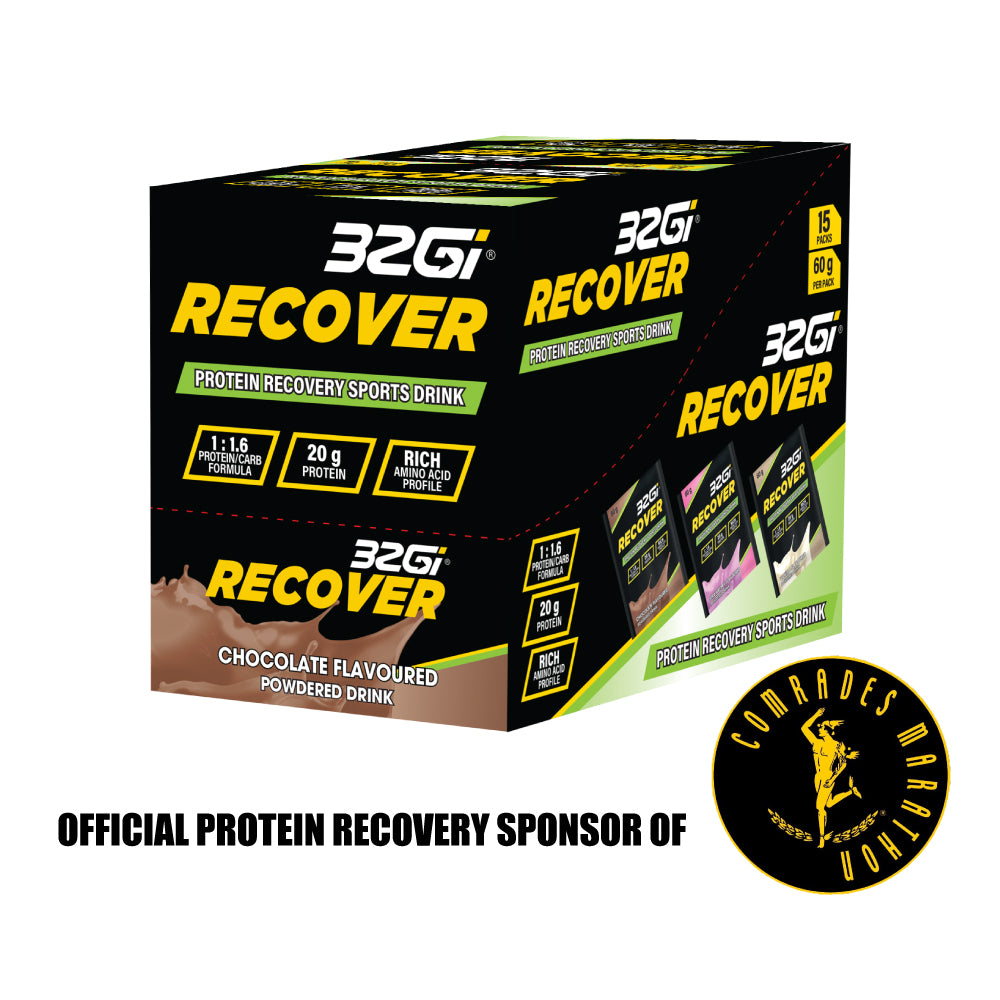
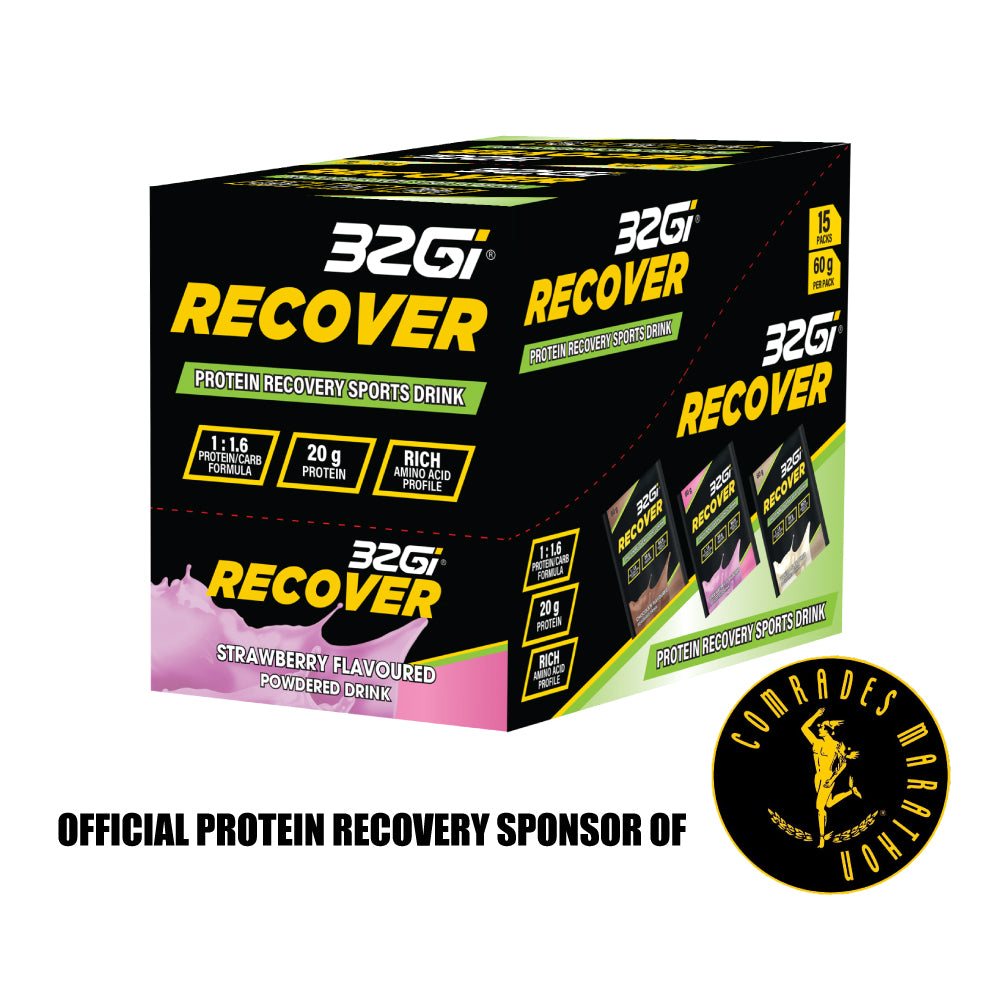
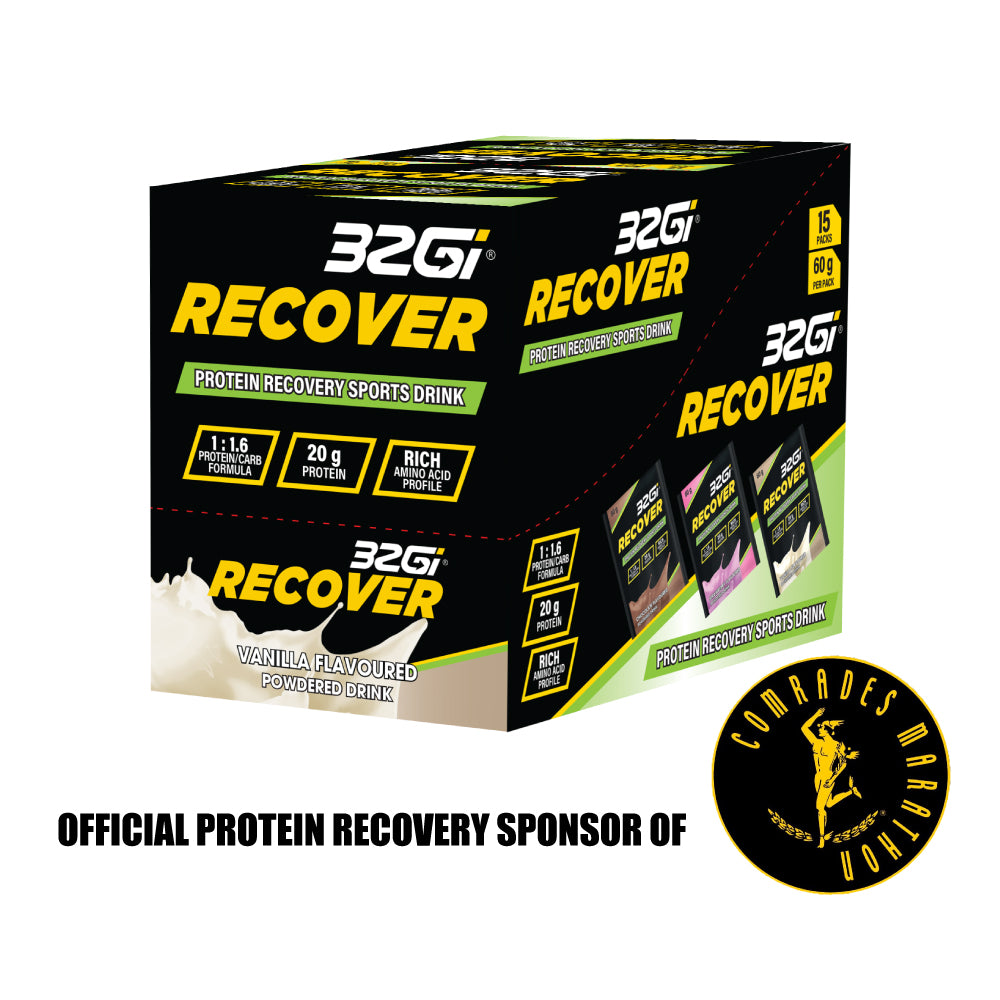
Recover - Protein Carb Recovery Drink
32Gi Recover is a unique plant protein recovery formula boasting 20 g of protein, with 3 g of leucine. The protein to carbohydrate ratio can assist in delaying the onset of muscle fatigue during high intensity exercise. Recover contains all the essential amino acids and is naturally high in BCAA’s and Glutamine.
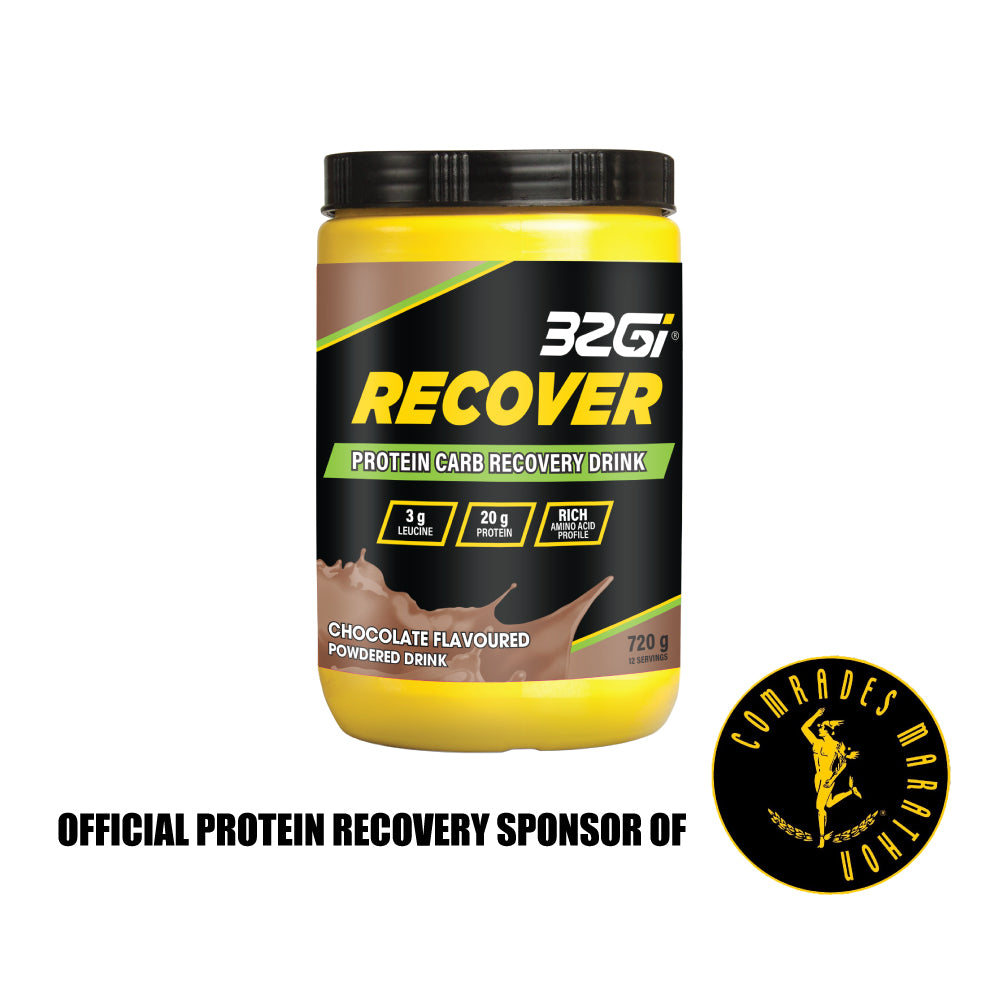
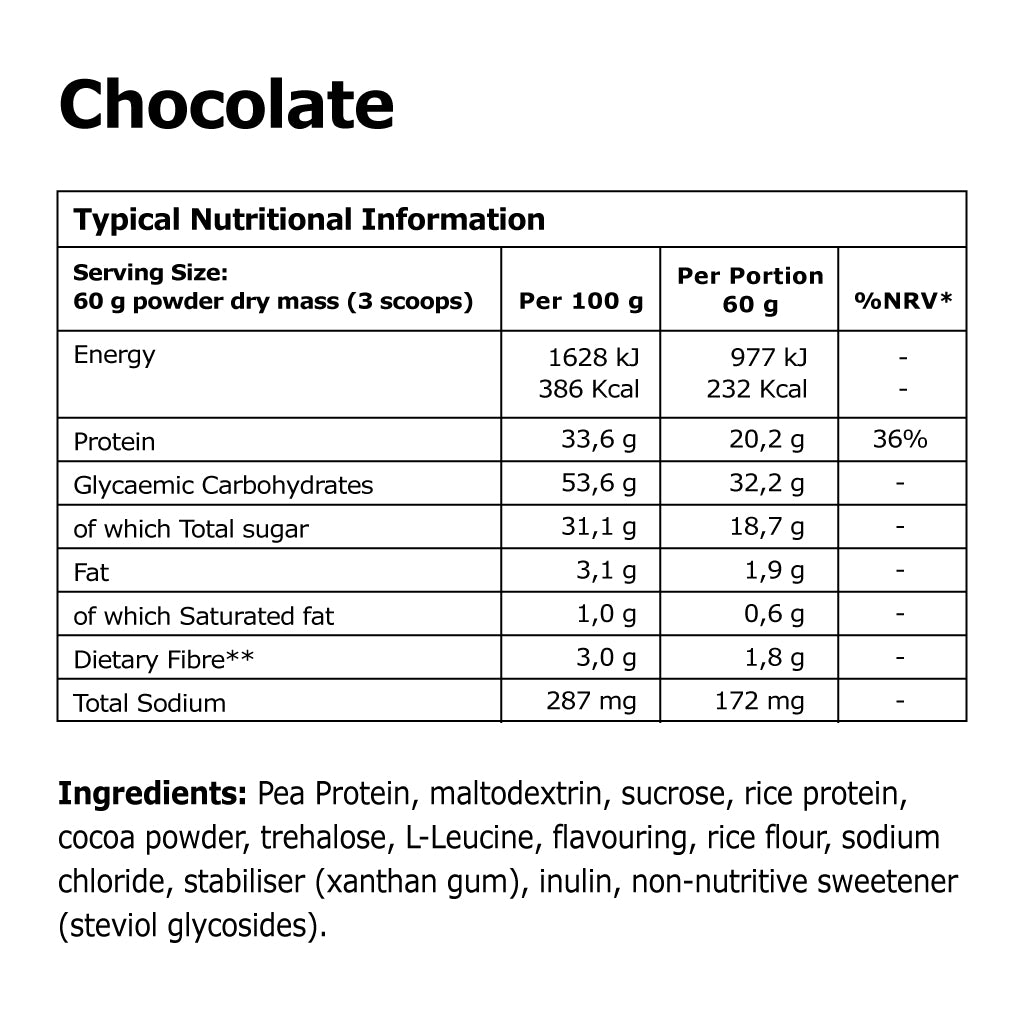
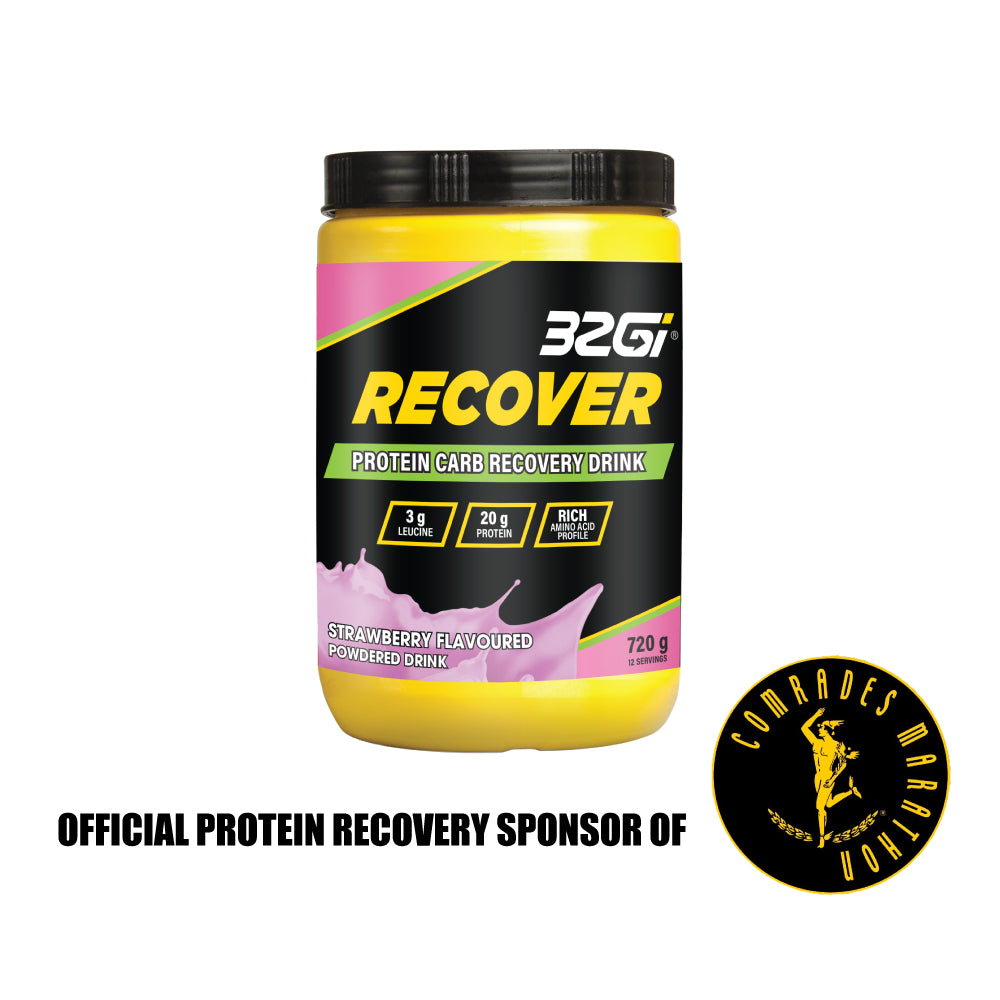
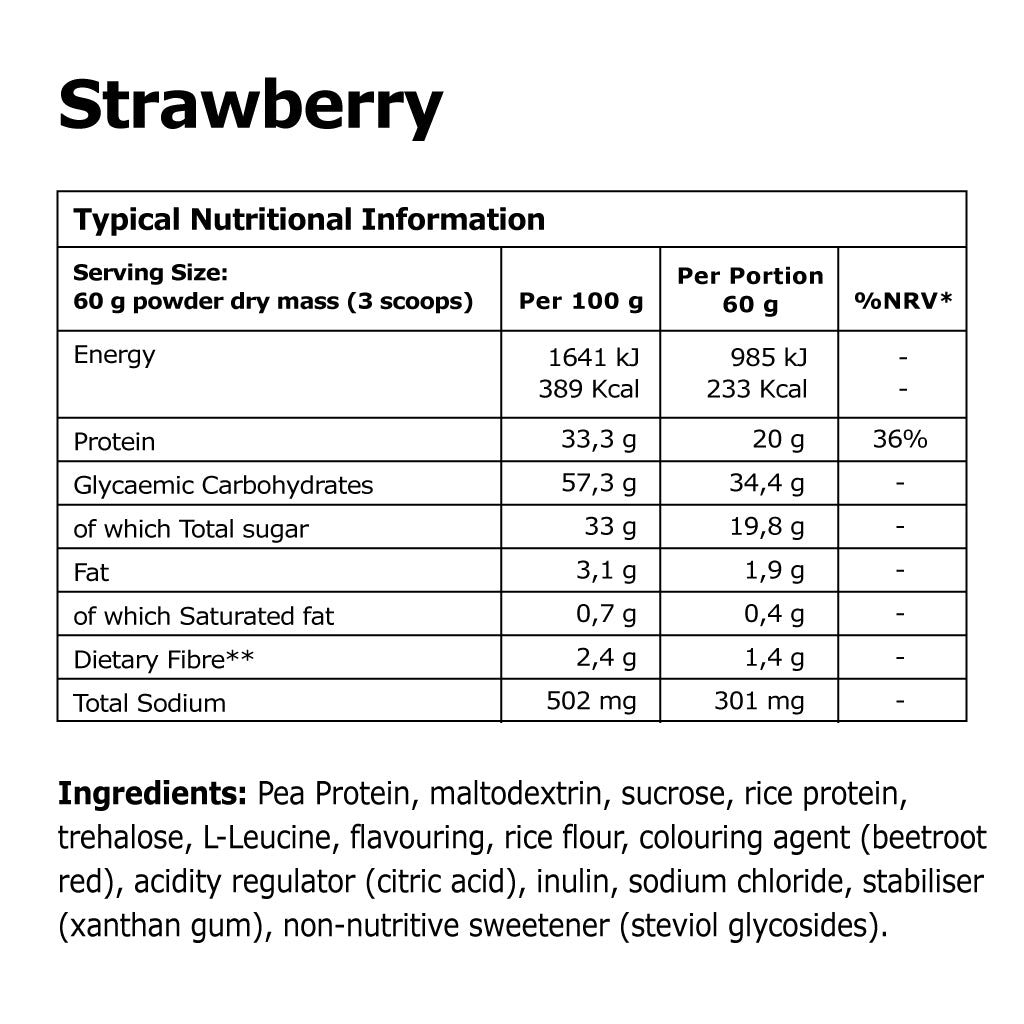
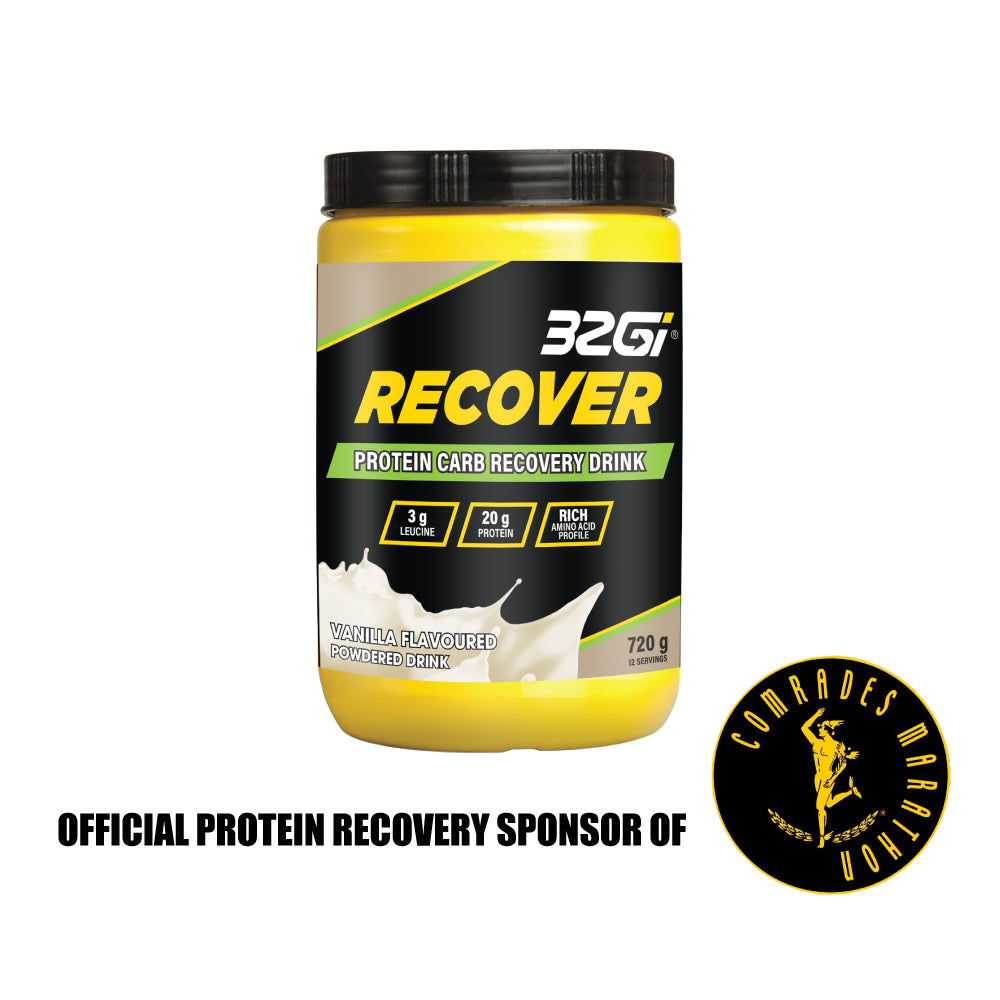
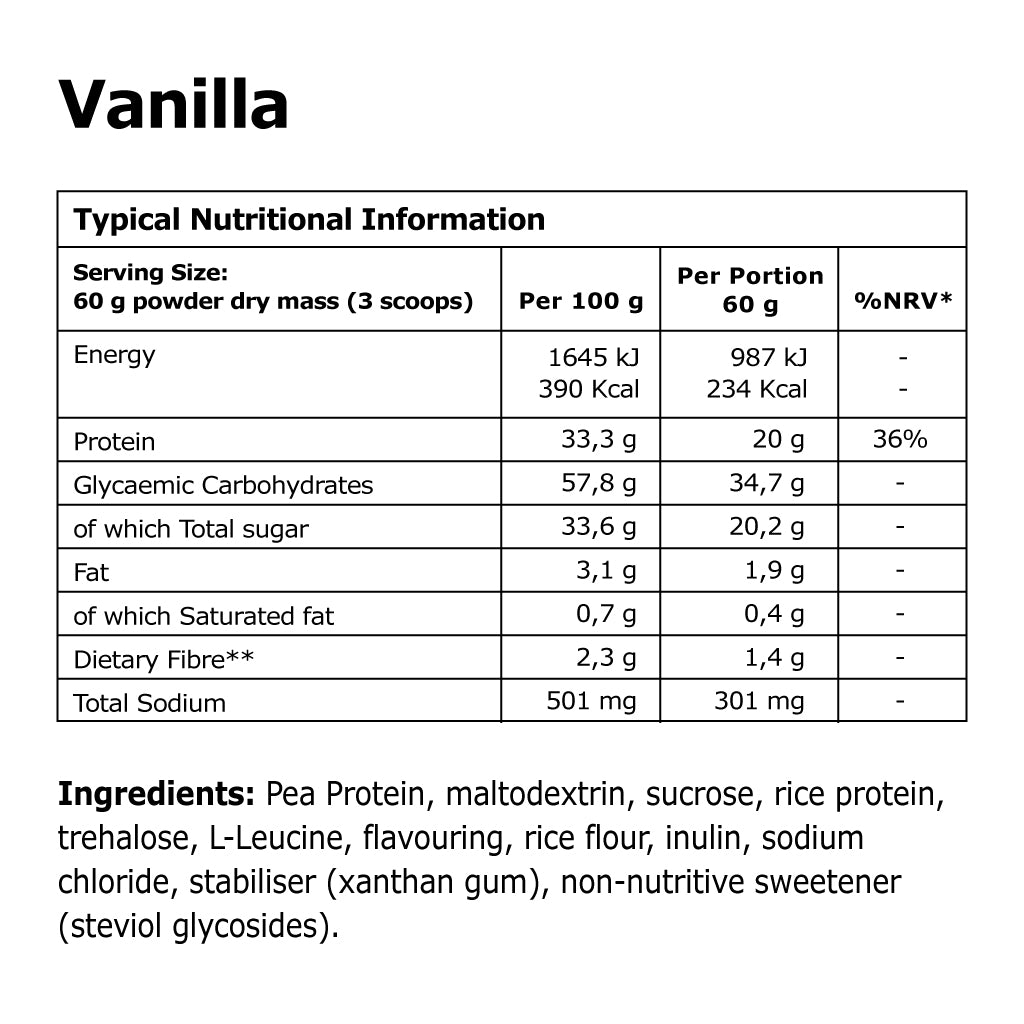
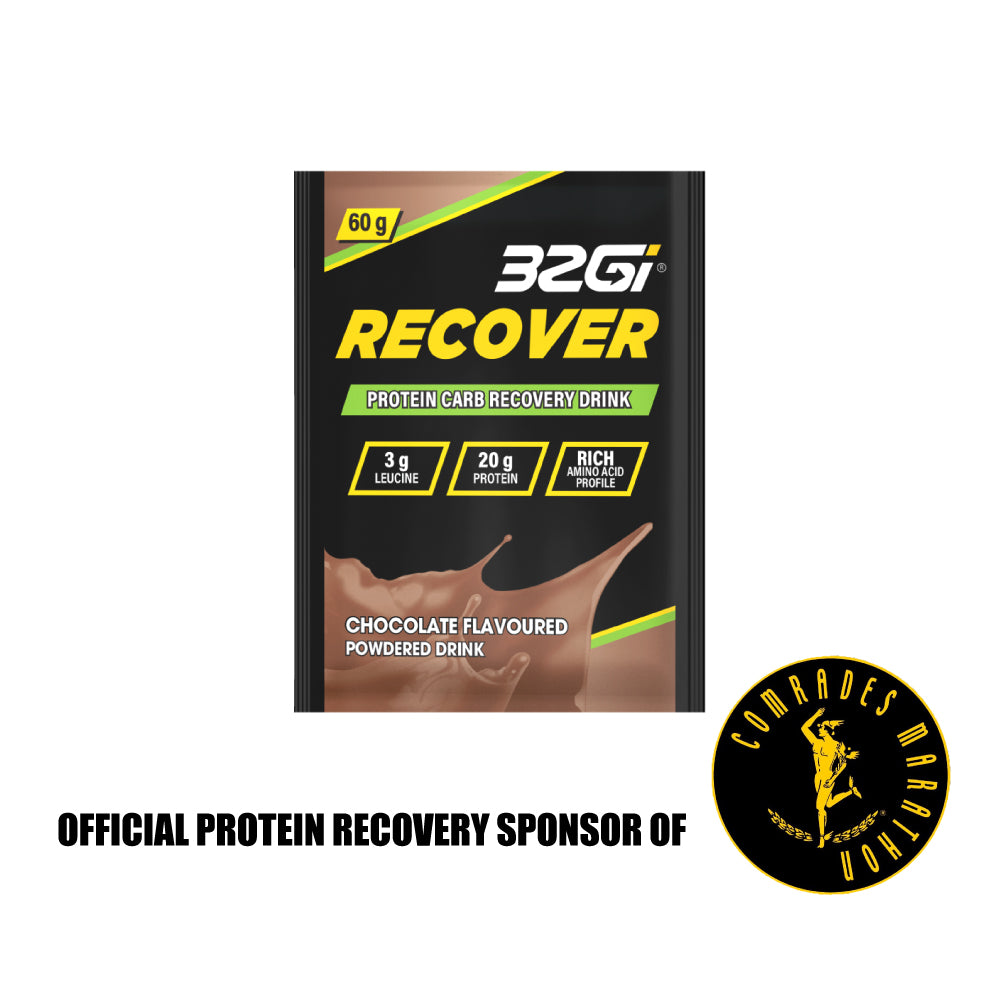
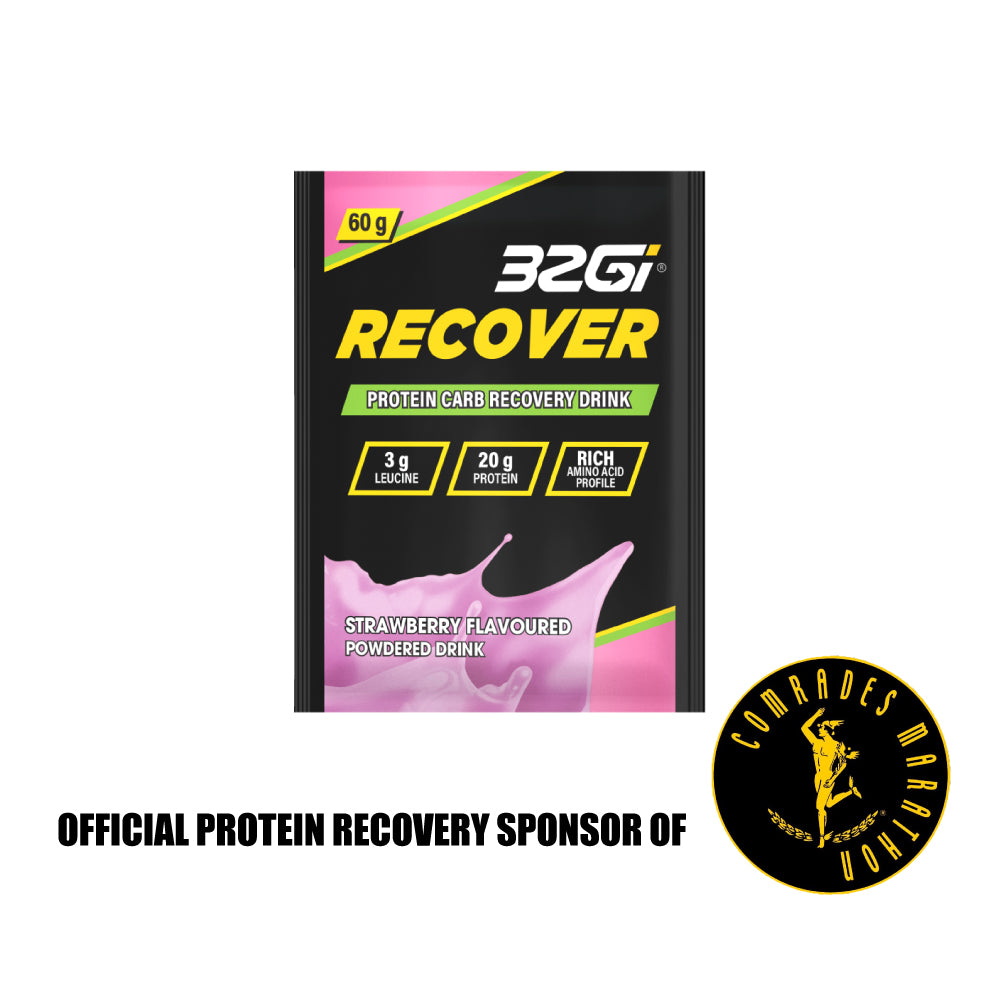
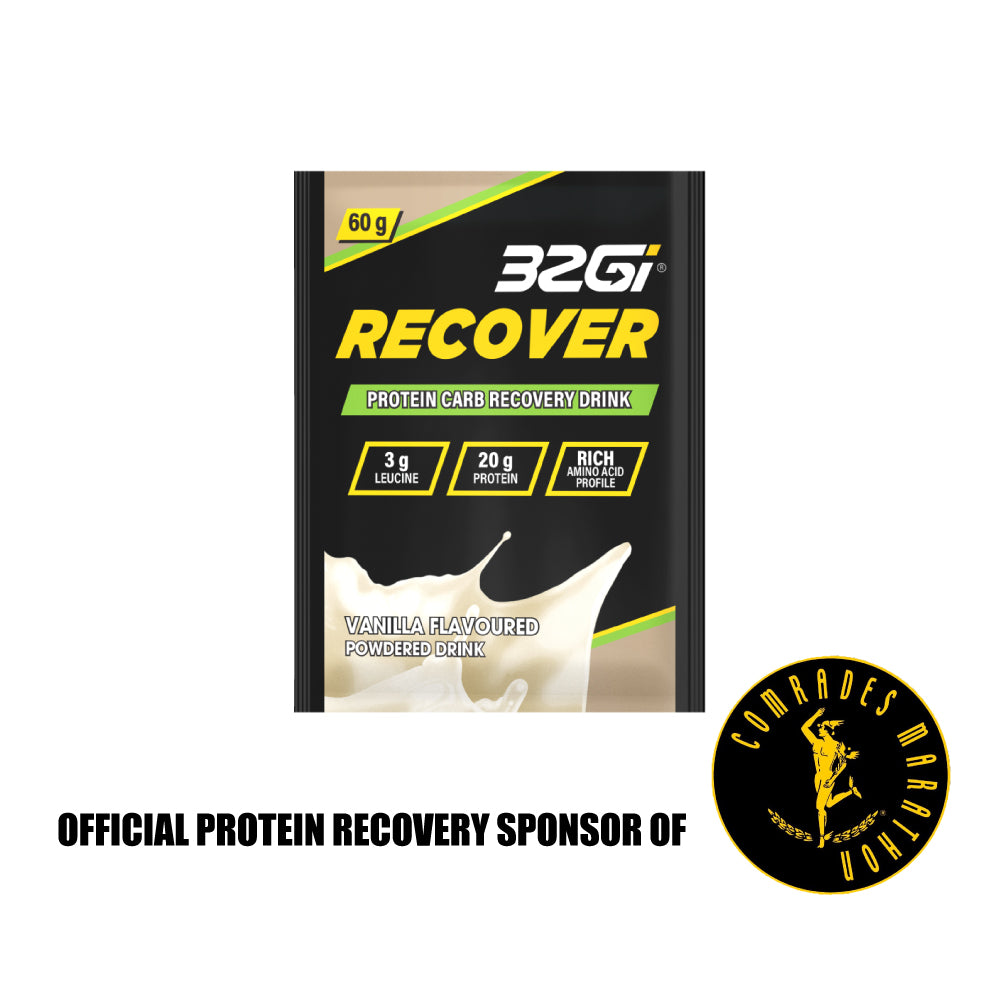
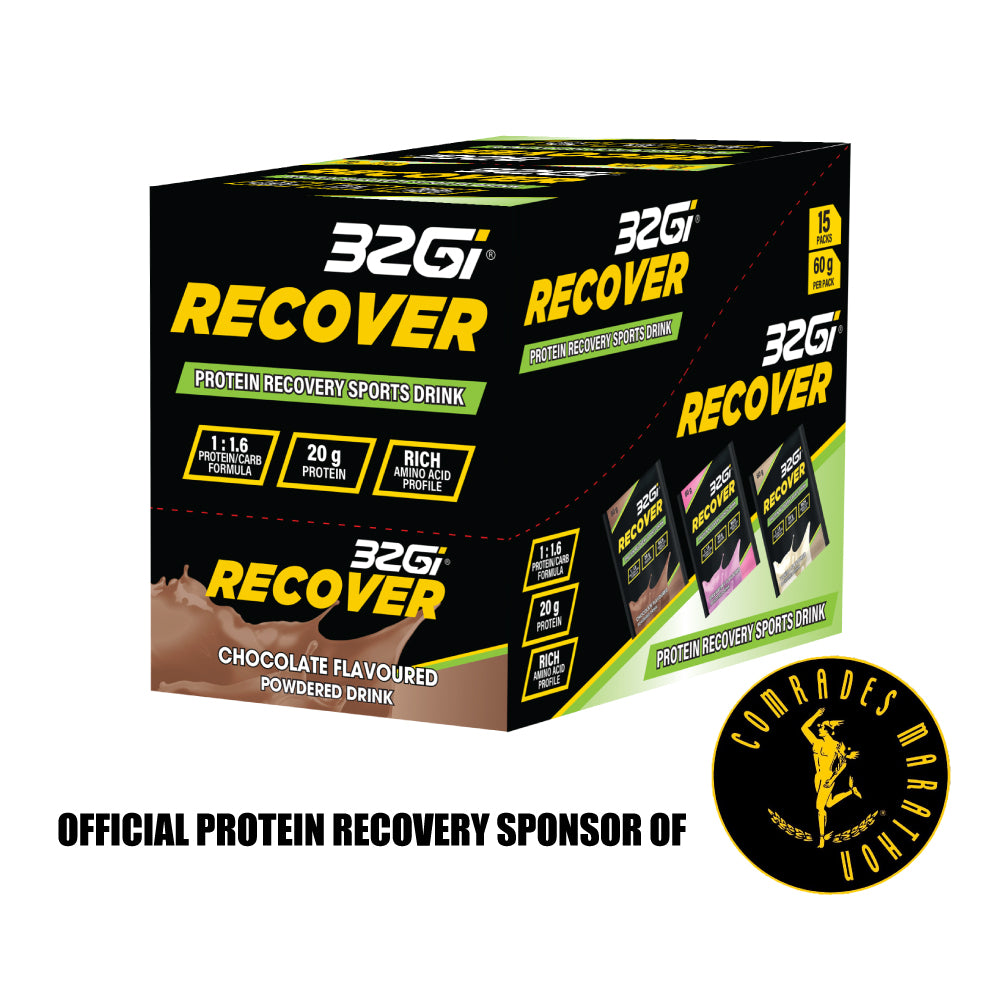
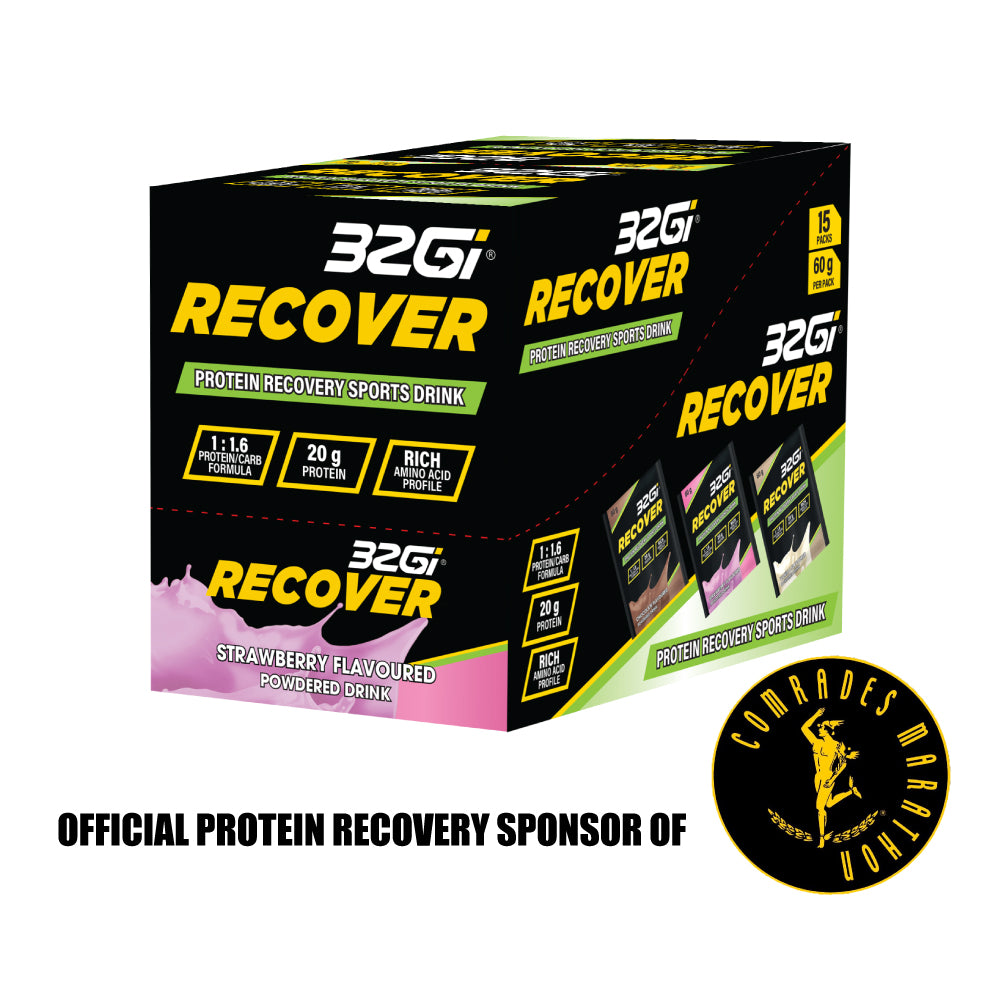
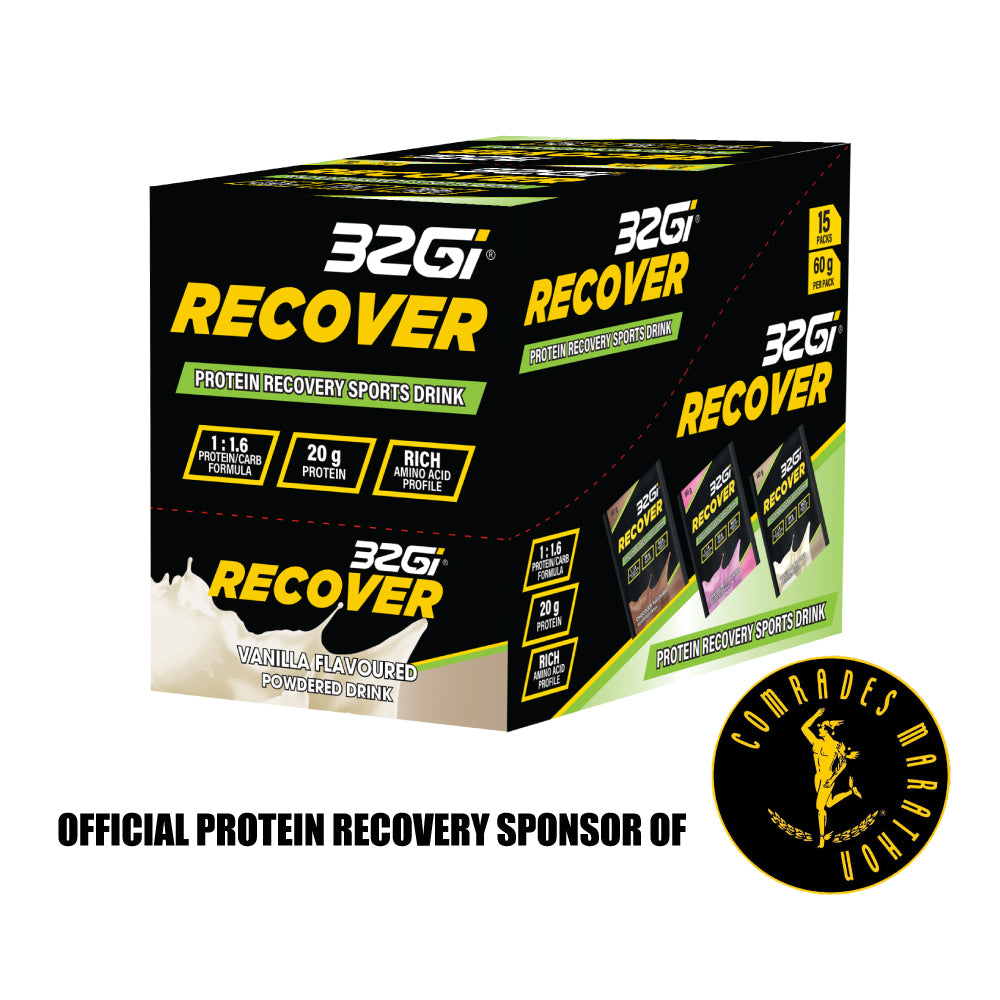
Step 1 - SOLVED
One word, PROTEIN...
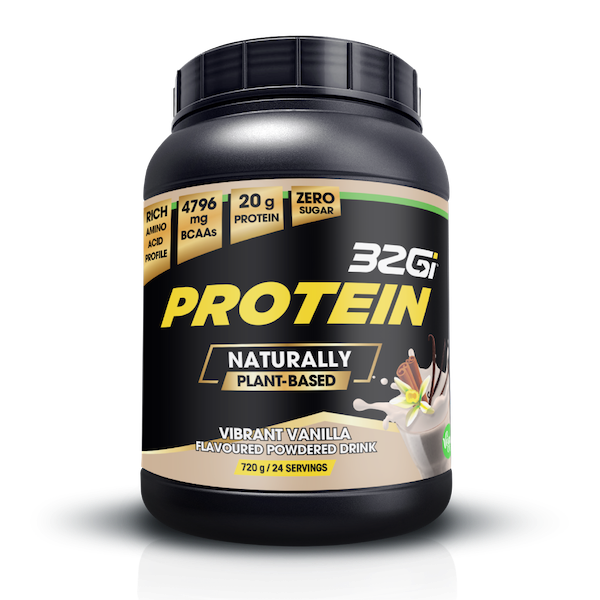
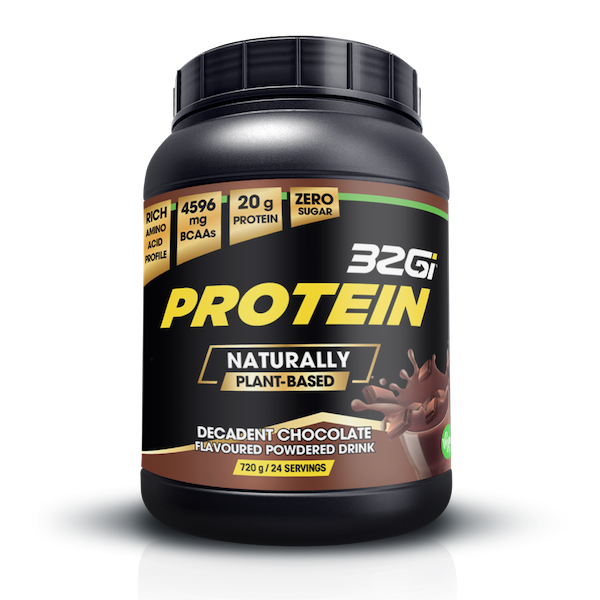
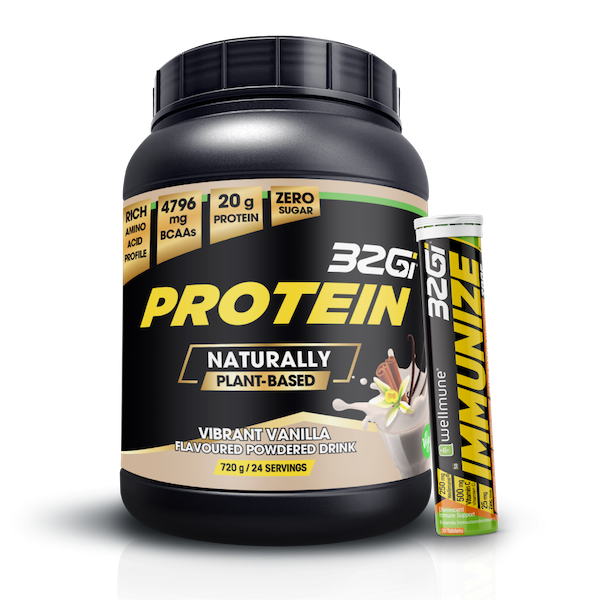
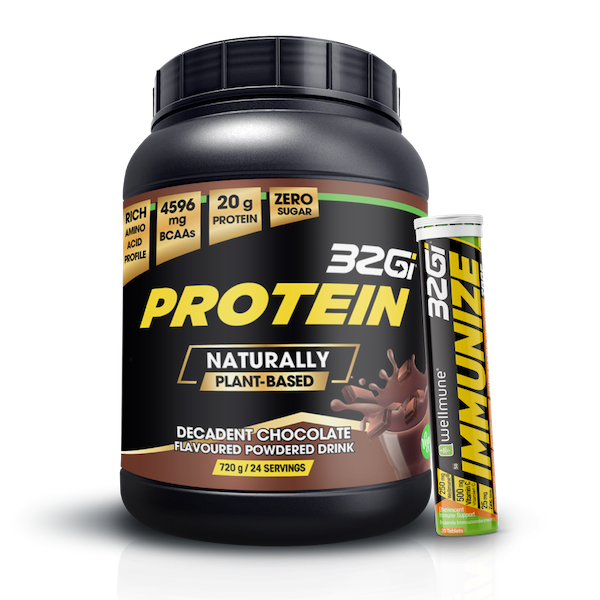
Protein – Naturally Plant-Based
